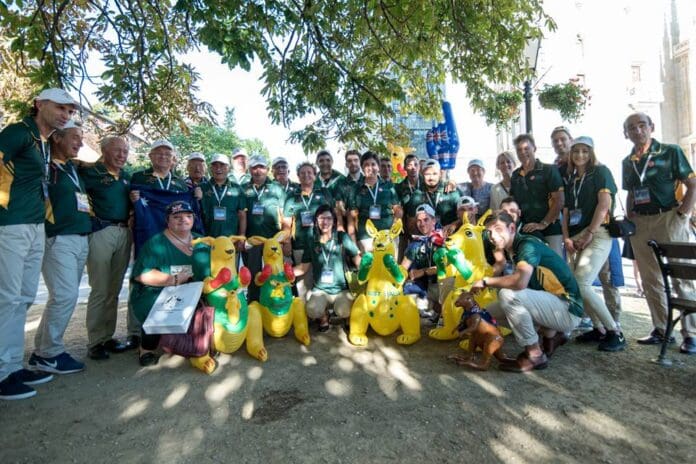Interview with Ante Radić – Croatian World Games Coordinator for Australia
Photos: Ante Radić – Hrvatske svjetske igre
In the midst of preparations for the next Croatian World Games, we spoke with Ante Radić, the Games coordinator for Australia, about the history of this unique sporting and cultural event, its significance for the Croatian diaspora, and the experiences of young Australians of Croatian heritage who have experienced their homeland in a special way through the Games.
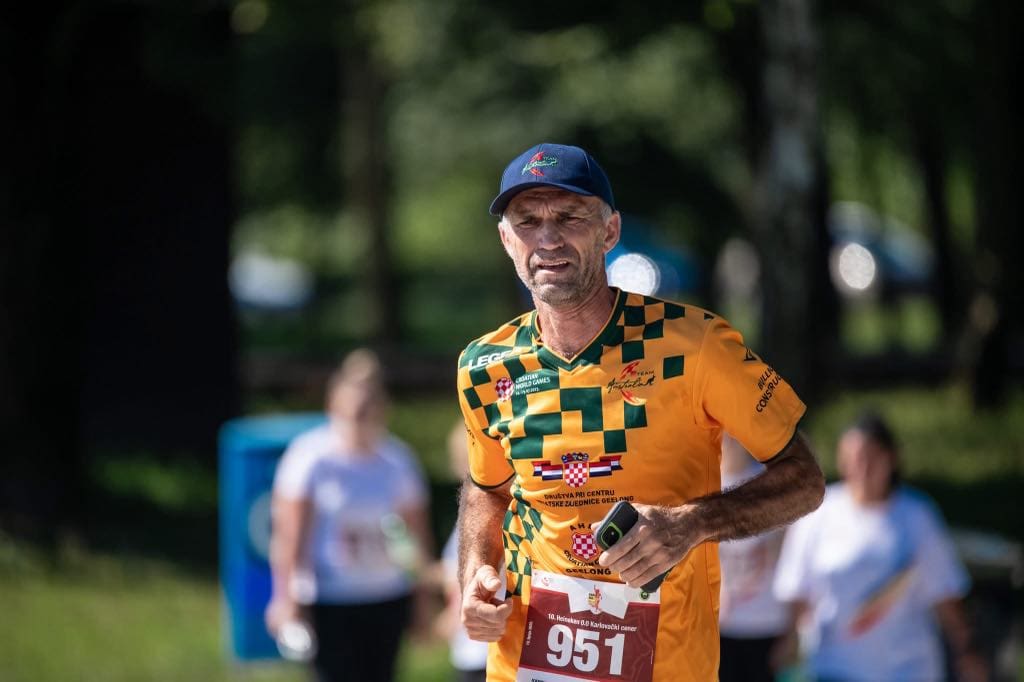
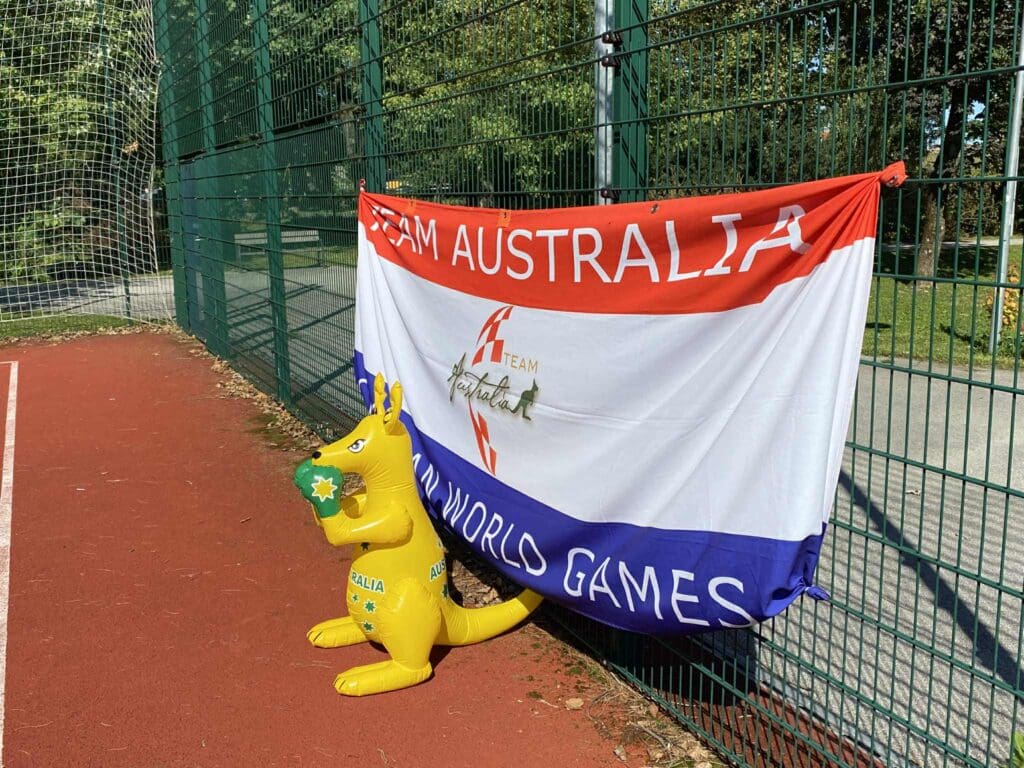
General Information and History of the Games
Mr Radić, to begin with – could you briefly explain what the Croatian World Games are and when they were first held?
The Croatian World Games are amateur sporting competitions across multiple sporting disciplines in which Croats and their descendants from around the world participate, representing the countries in which they live. Apart from participants from outside Croatia, athletes from Croatia and Bosnia and Herzegovina also take part. The first Croatian World Games were held in 2006 in Zadar.
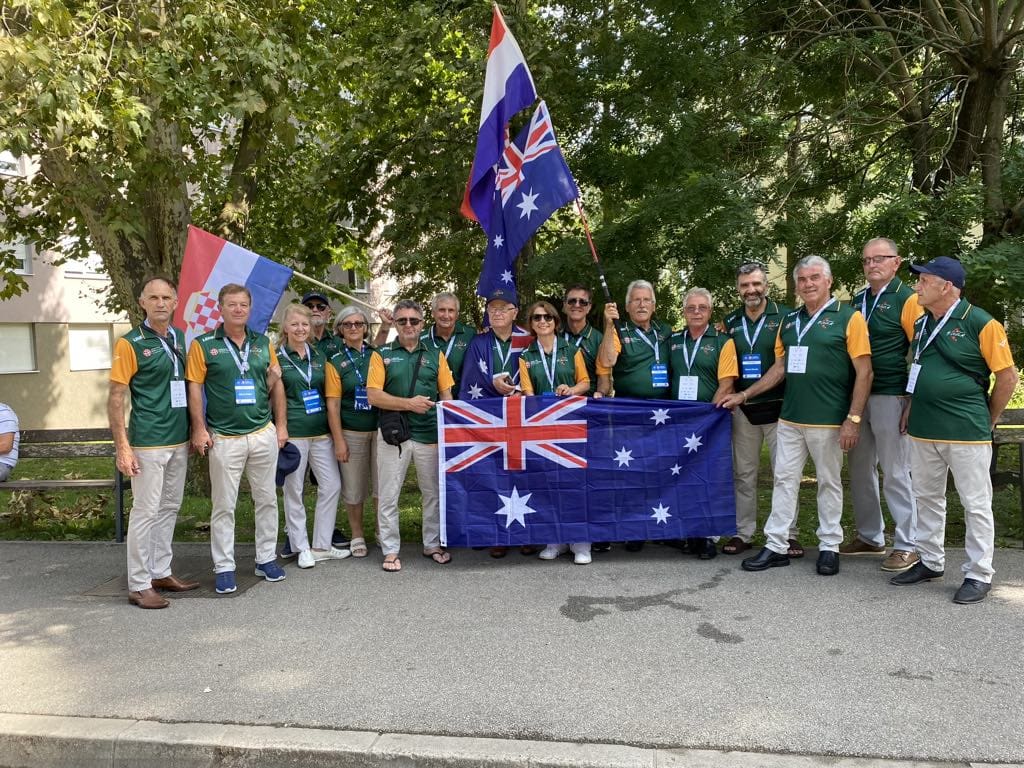
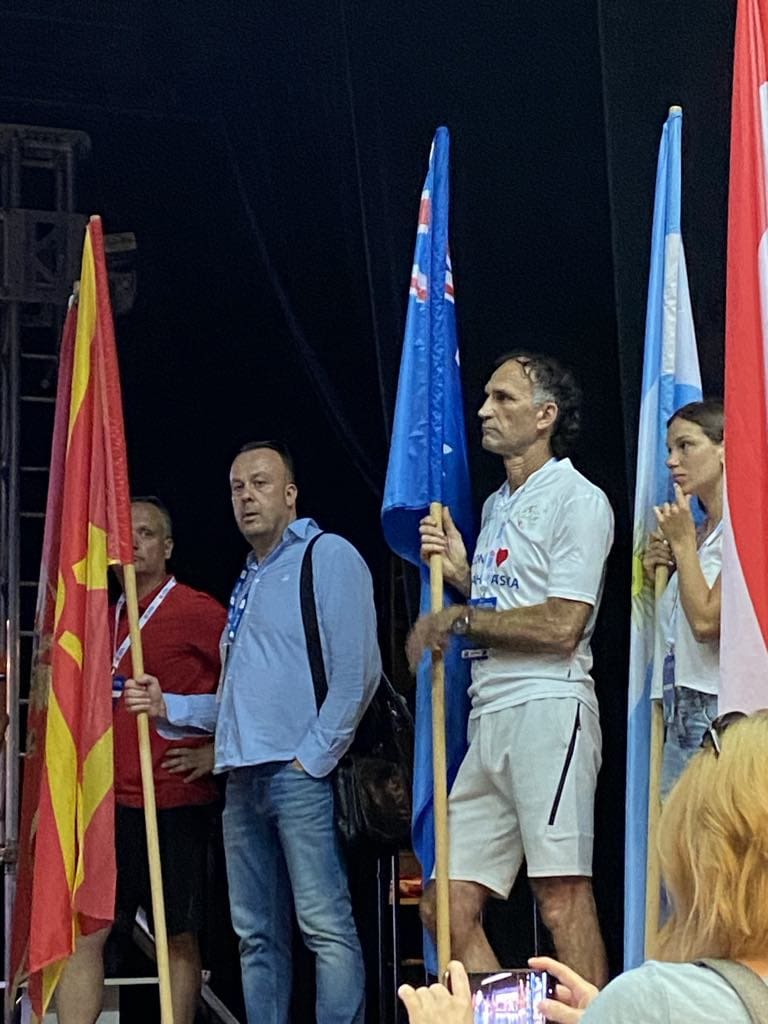
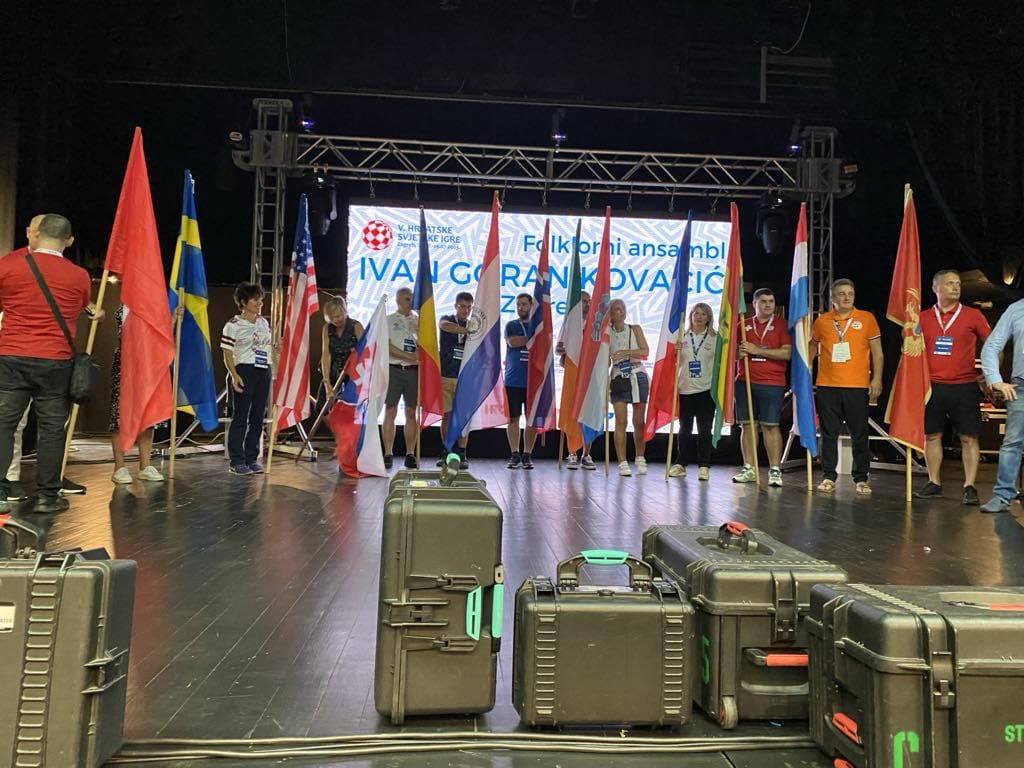
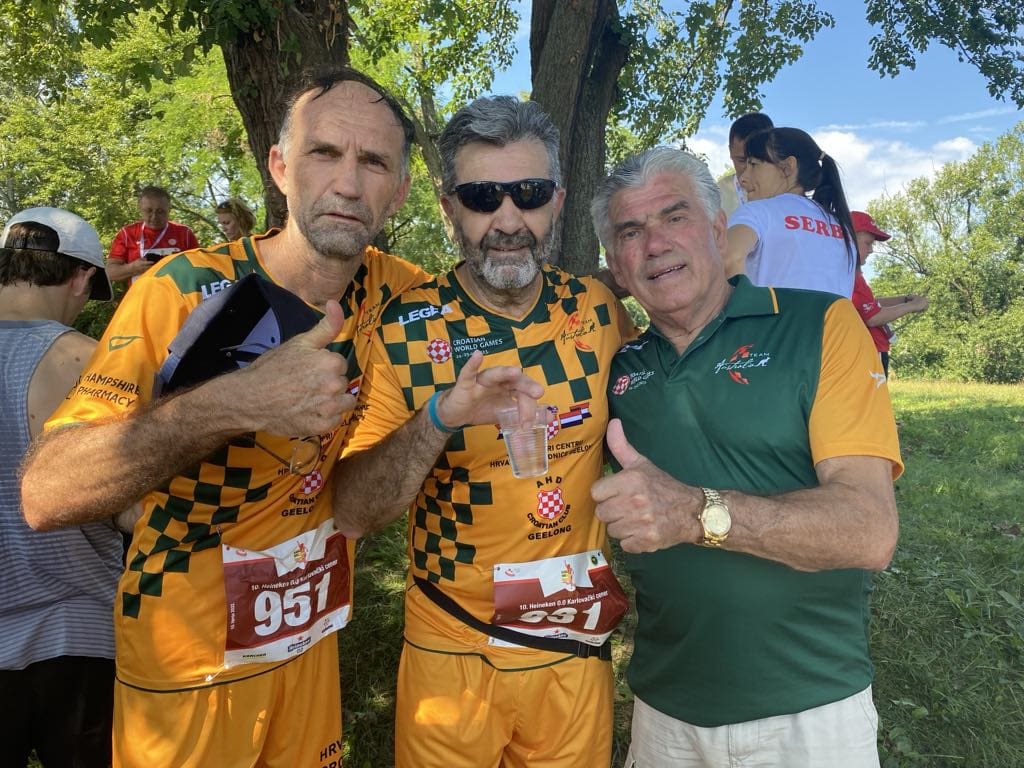
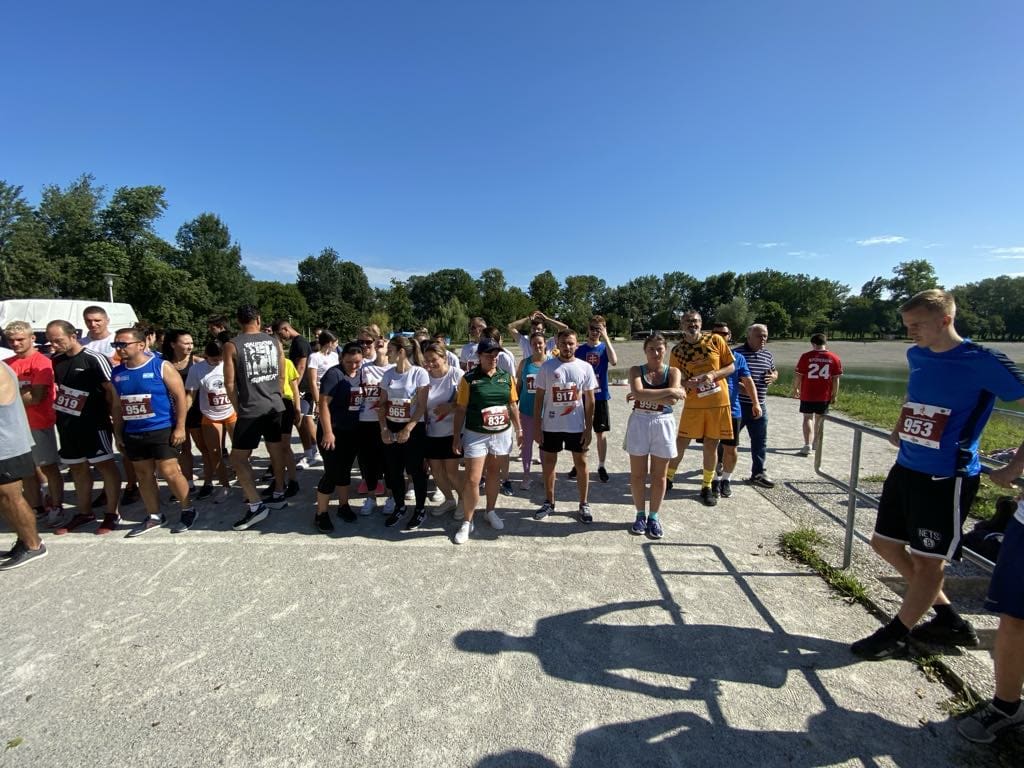
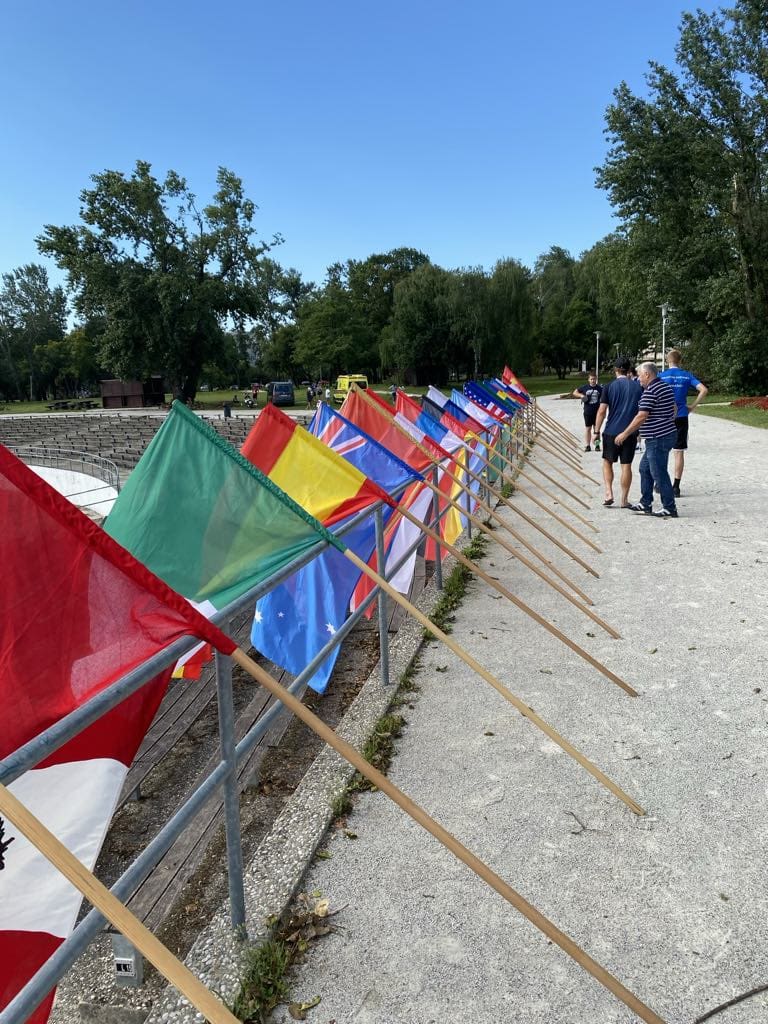
The Games are often called the “Crolympiad” – how are they similar to, and how do they differ from, the real Olympic Games?
The Croatian World Games resemble the Olympic Games in their format – they feature competitions in multiple sports and bring together competitors from many countries. As with the real Olympic Games, we witness opening and closing ceremonies, proper sporting venues, medals for winners, and inevitable cheering during the Games.
Just as the Olympic Games bring together athletes from different nations, the Crolympiad (Croatian World Games) brings together Croats from the diaspora and neighbouring countries, almost from around the world, under a shared Croatian identity.
The Games are amateur rather than professional in nature, with an emphasis on unity and identity, and the very name “Crolympiad” further emphasises the cultural aspect – the national-emotional element, not just the sporting one.
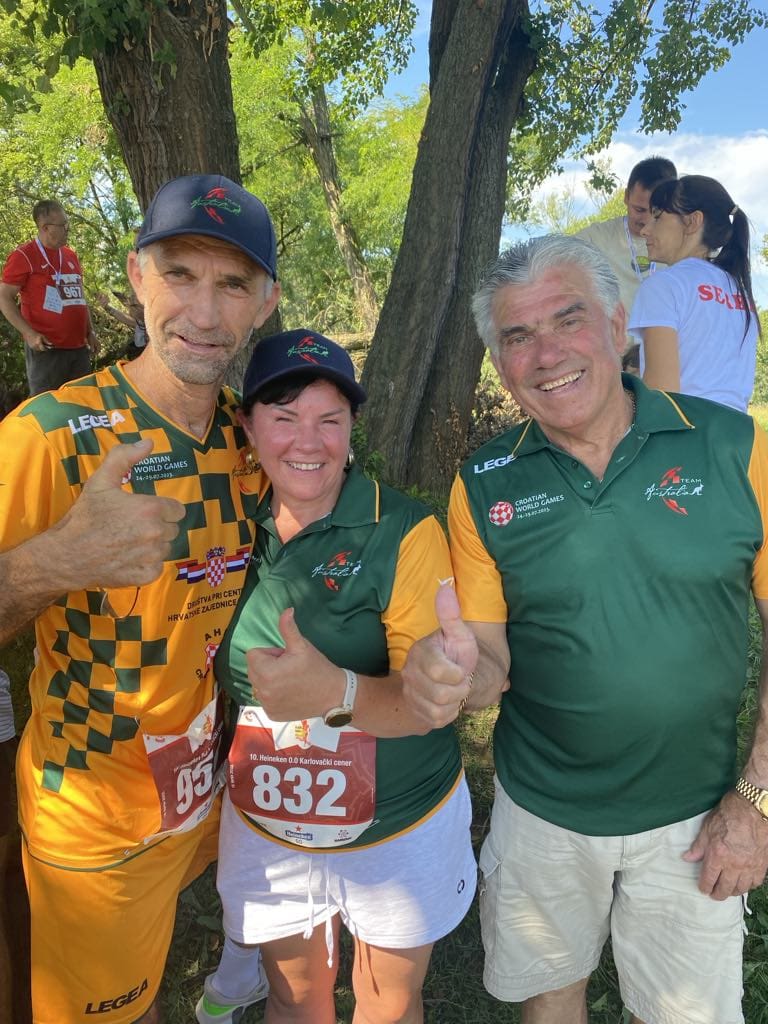

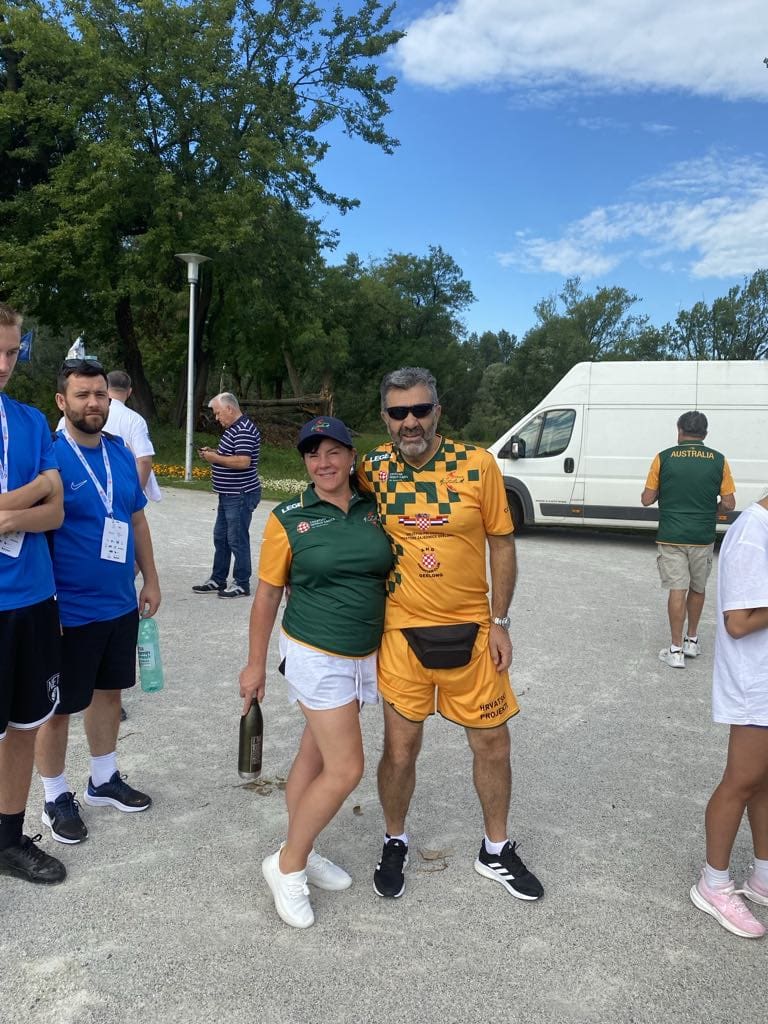


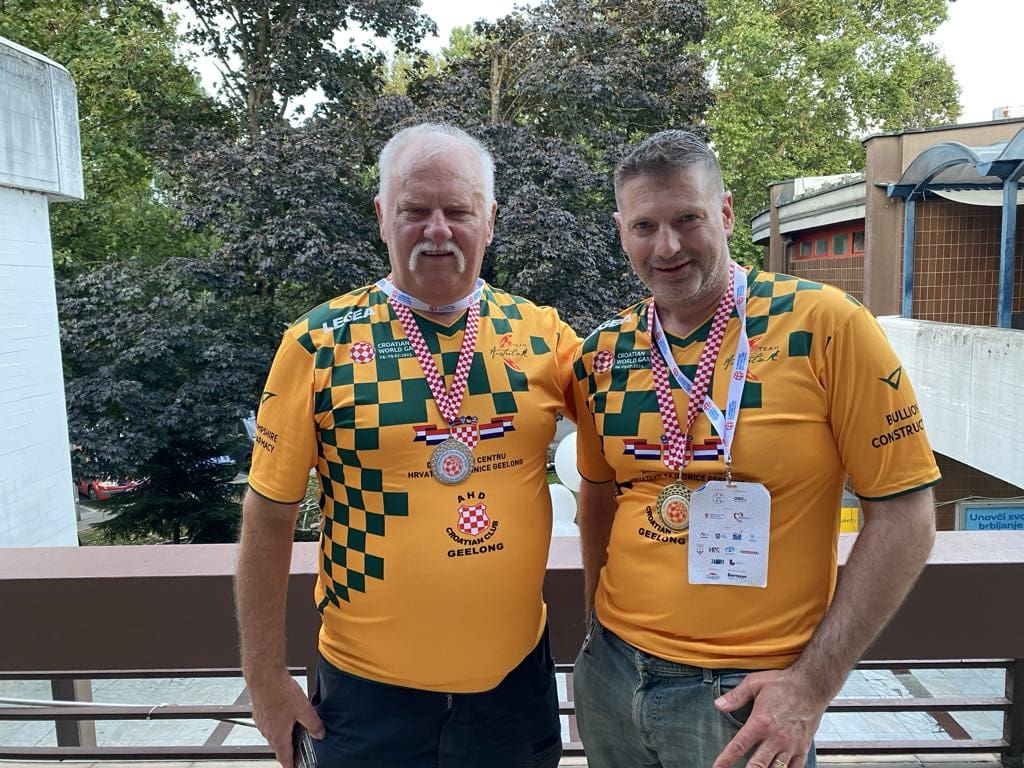
How often are they held and how are host cities chosen?
The Croatian World Games are usually held every four years. The decision about the host of the Games is made by the Executive Board of the Croatian World Congress (which organises the Games), after receiving the names of cities that have shown interest in organising this major sporting event.


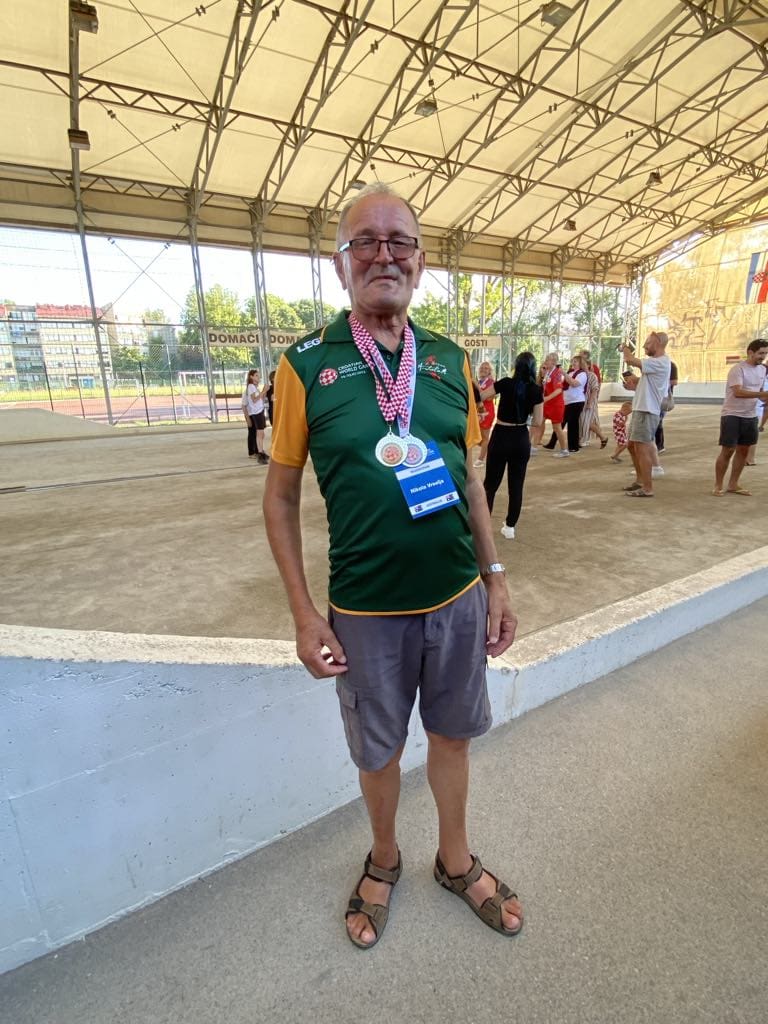
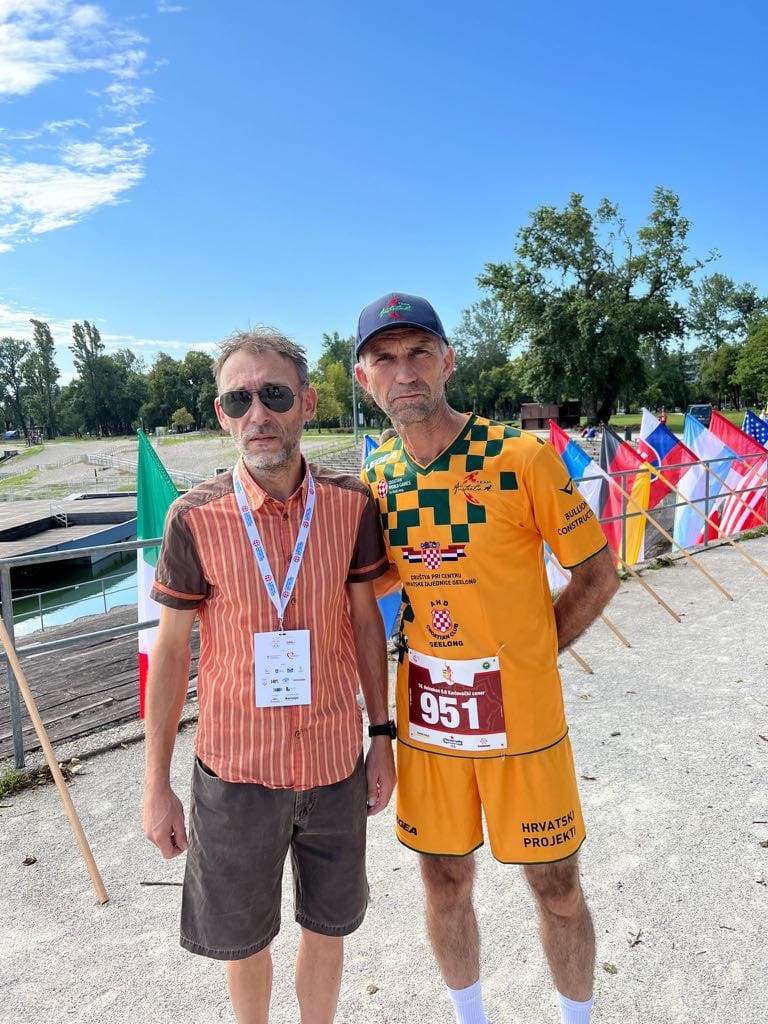
Can you highlight a particular moment from the Games so far that has especially stayed in your memory?
All the Games I’ve attended (and I’ve been to four) are special in their own way. Perhaps I should mention my first Games in Zadar in 2010, when I competed as a participant (the coordinator of Team Australia was then Branimir Šprajcer from Adelaide). That was something new for me – in one place in Croatia with Croats from almost the entire world, new encounters both on and off the field, new friendships that remain strong and unbreakable to this day.
I also remember that during the opening of the Games, which was held at Pope John Paul II Square, with the parade of all competitors by the countries that participated, as soon as we came down from the stage, the veterans’ football team hurried to the bus that was waiting for us and took us to the village of Vukšić, where we were invited to participate and play an exhibition match with Šibenik veterans. This was late at night, around 10 o’clock. I remember we changed clothes in the bus whilst going to our destination. Upon arrival in Vukšić, we immediately jumped onto the pitch without warming up and played a good match, and afterwards there was roast meat and singing until late into the night.
How much the Games connect us is shown by the meetings we had immediately after the Games that same year, as well as in subsequent years. We were invited by the organisers to play an exhibition football match in Čavoglave against a selection of Croats from Germany, during the celebration of Victory Day and Homeland Thanksgiving Day and Croatian Defenders Day, Storm Day. An event that remains permanently in all our memories, which will be retold to generations. We were truly proud to be part of this great celebration; our hearts were full of love and gratitude.
I must also mention the invitation from the city of Split to be their guests for two days, with accommodation provided for the entire team as well as members of the Croatian World Congress, a visit to Poljud, and finally a five-a-side match against Hajduk veterans at Brda.
There were also other meetings we had that the Games connected:
- A friendly match against Dinamo veterans in Zagreb when we added several competitors from other countries to our team, Team Australia.
- We played another exhibition five-a-side match in the hinterland of Marina municipality, in the village of Blizna Donja, against the local Croatia team, which came about at the invitation of the mayor of Marina municipality, Mr Ante Mamut.
All these are meetings and friendships that are remembered, which the Games have connected.
A special event was also the opening of the Games in 2014 and 2017 in the heart of Zagreb, at Ban Jelačić Square, and before the actual opening, a holy mass in Zagreb Cathedral.
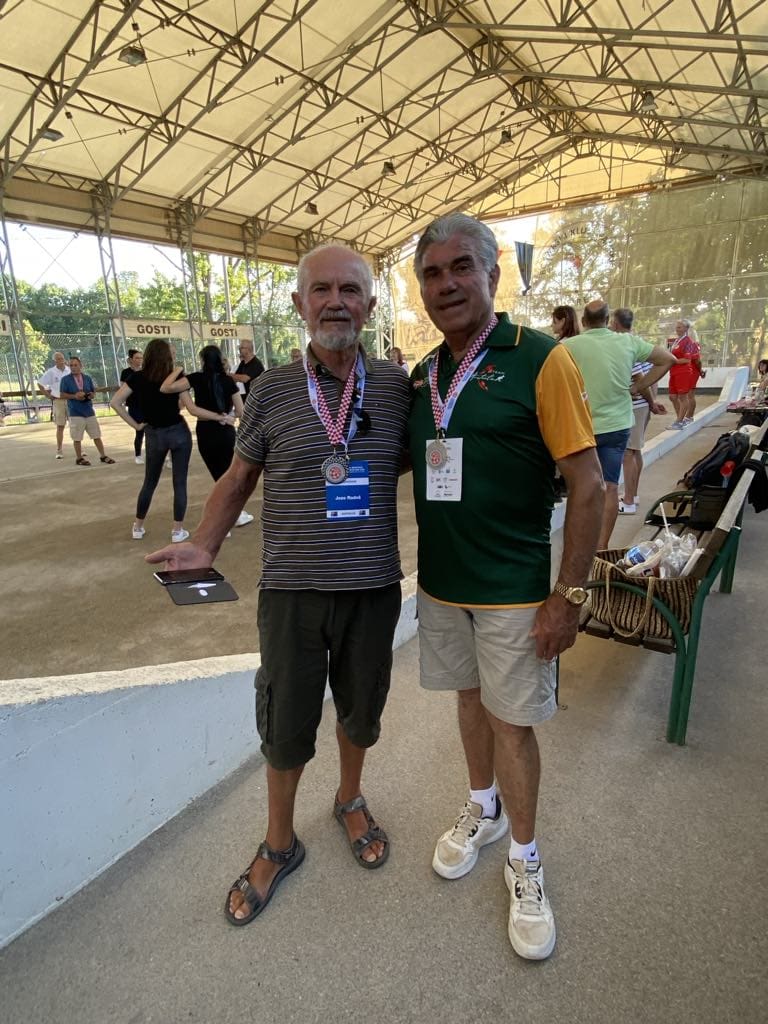
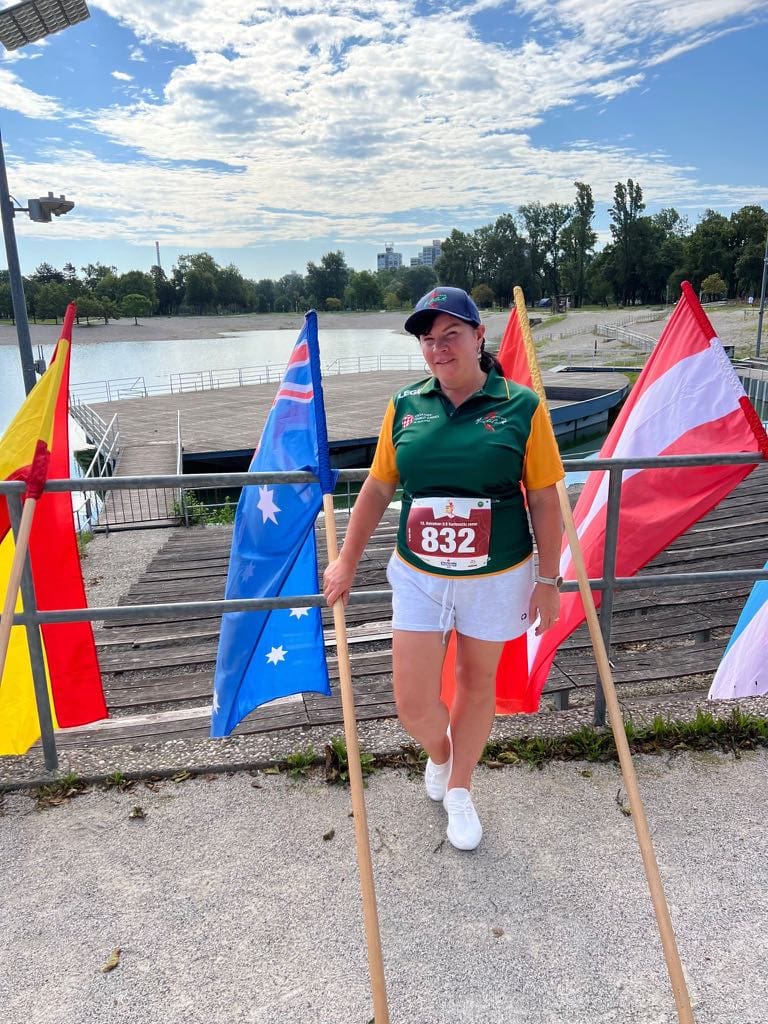
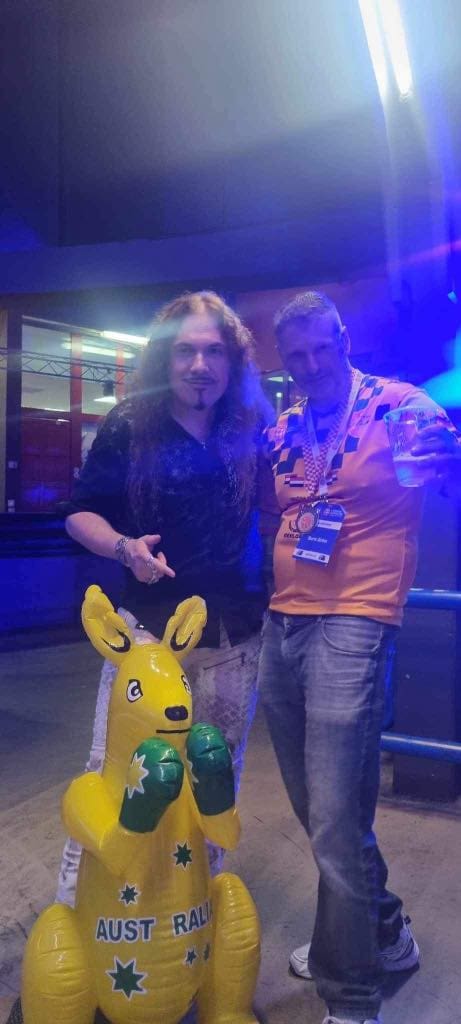
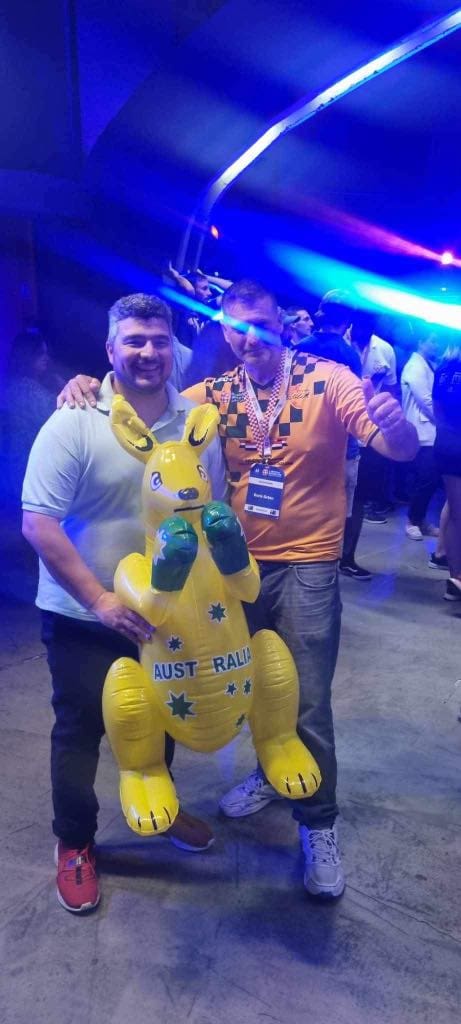
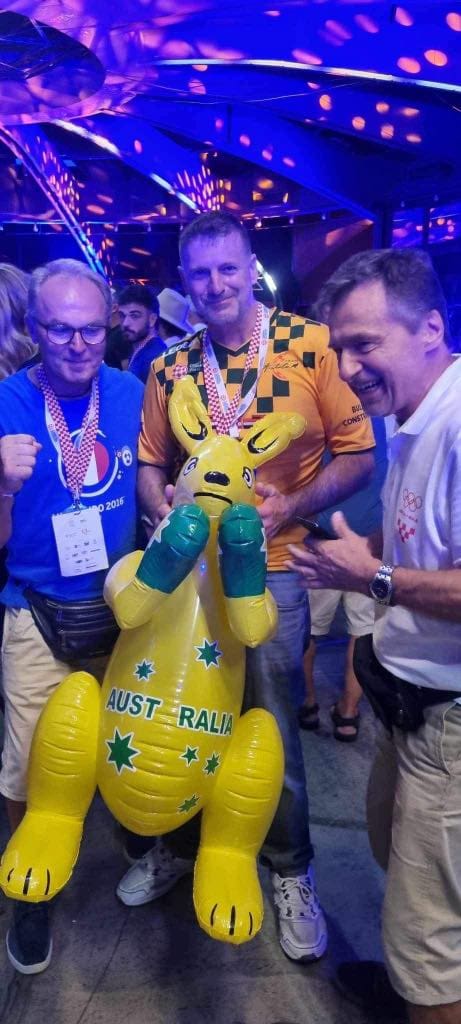
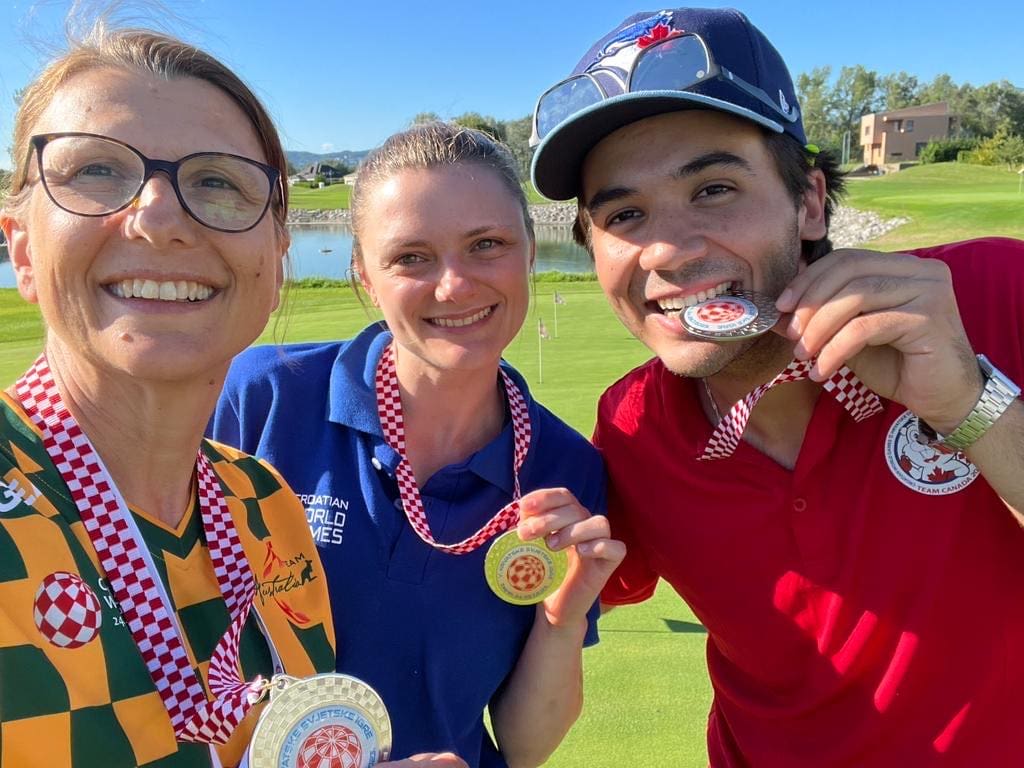
Australian Context and Participation
How many competitors from Australia have participated in the Games so far?
At the last Games in 2023, which were held in Zagreb, we had 48 registered competitors from Australia, but only 34 managed to reach Zagreb and compete.
We were most numerous in 2010, in Zadar, when there were about 80 of us. At that time, the coordinator of Team Australia was Branimir Šprajcer from Adelaide.
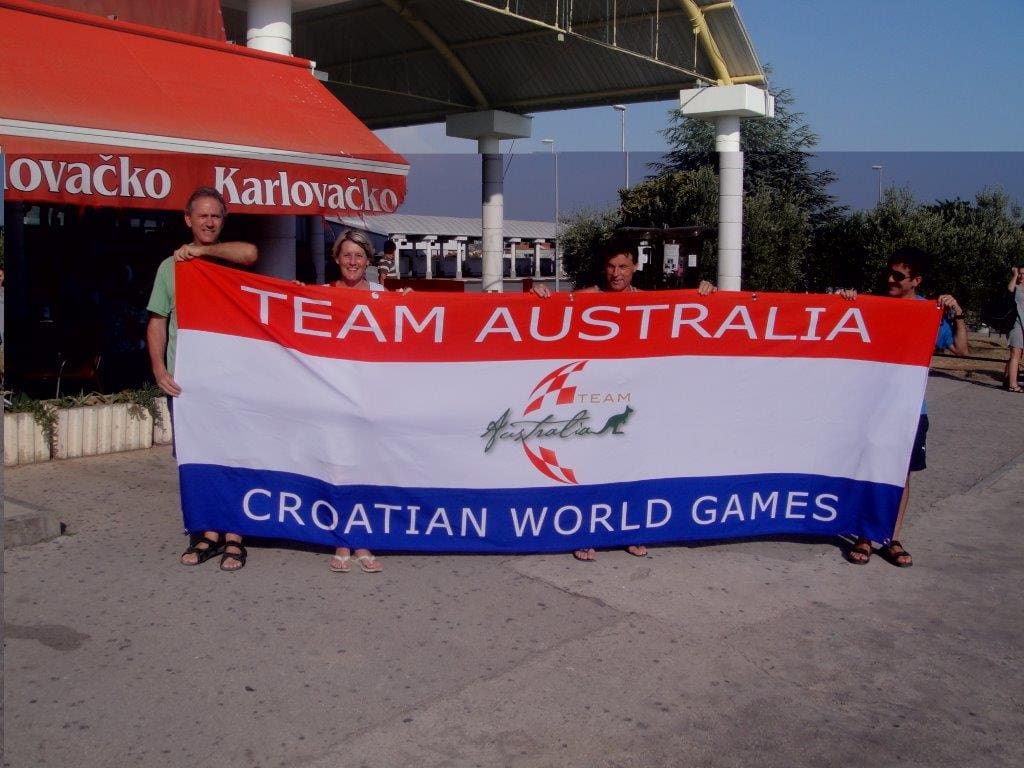
Who from Australia can register to participate and how – is there an age limit or sporting criteria?
Anyone who has even the smallest feeling of love and belonging to the Croatian people in their heart can register for the Games.
People who have Croatian roots, men and women, regardless of citizenship, religion, mother tongue, or membership of any union, association, or club.
All registrations go through the coordinator of Team Australia.
The age of competitors is from 16 years and above, with the requirement that one parent must accompany minor competitors.
Anyone can register for any sport that is represented at the Games, regardless of whether the person has previously played that sport or not.
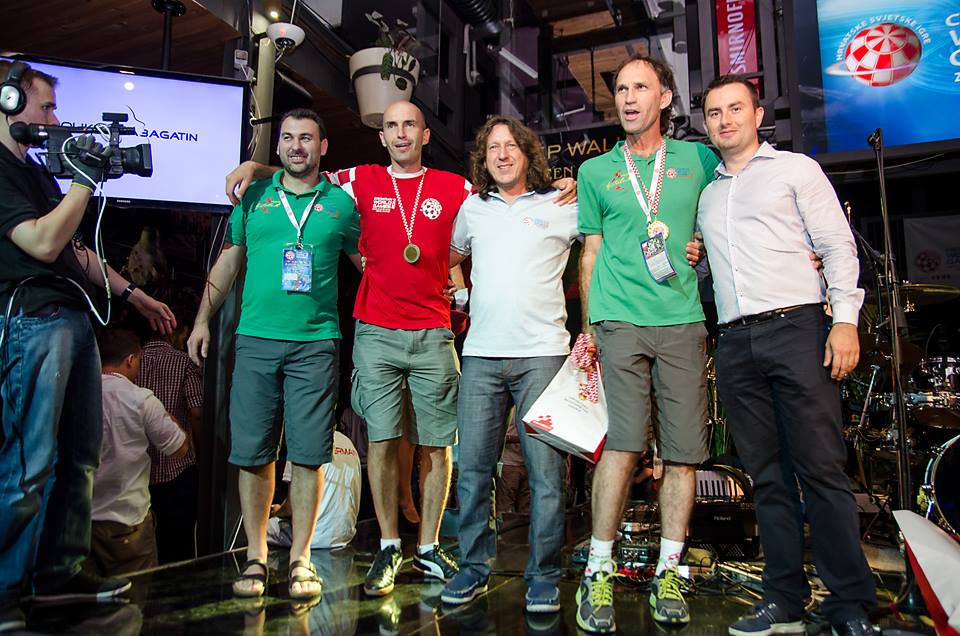
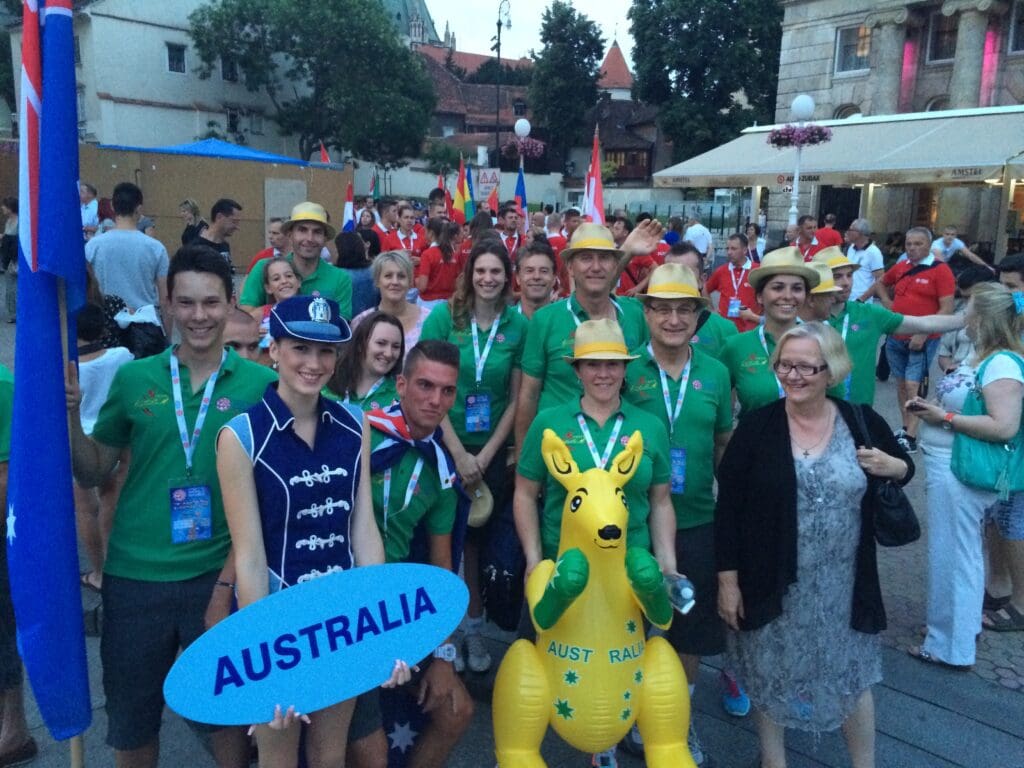
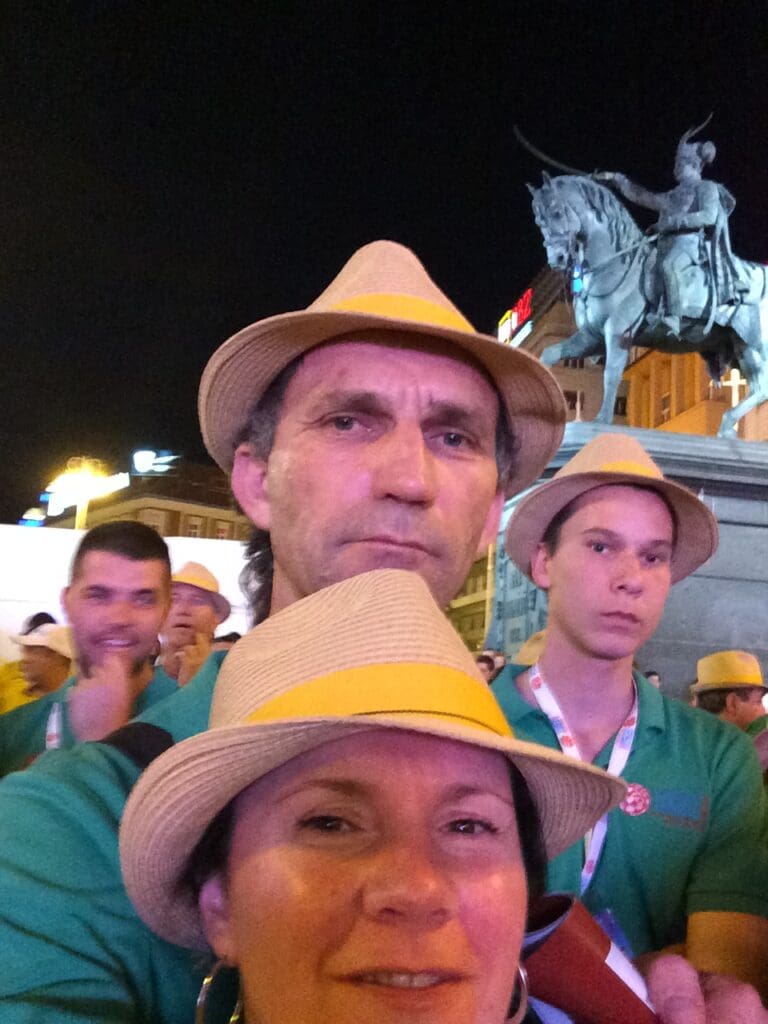
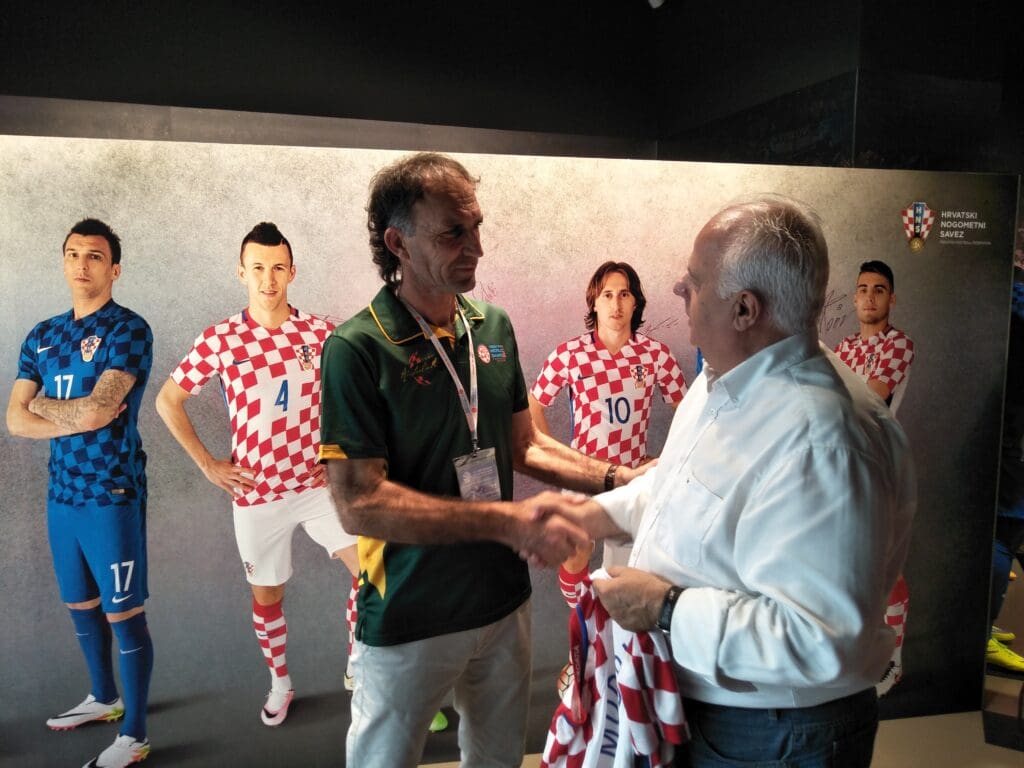
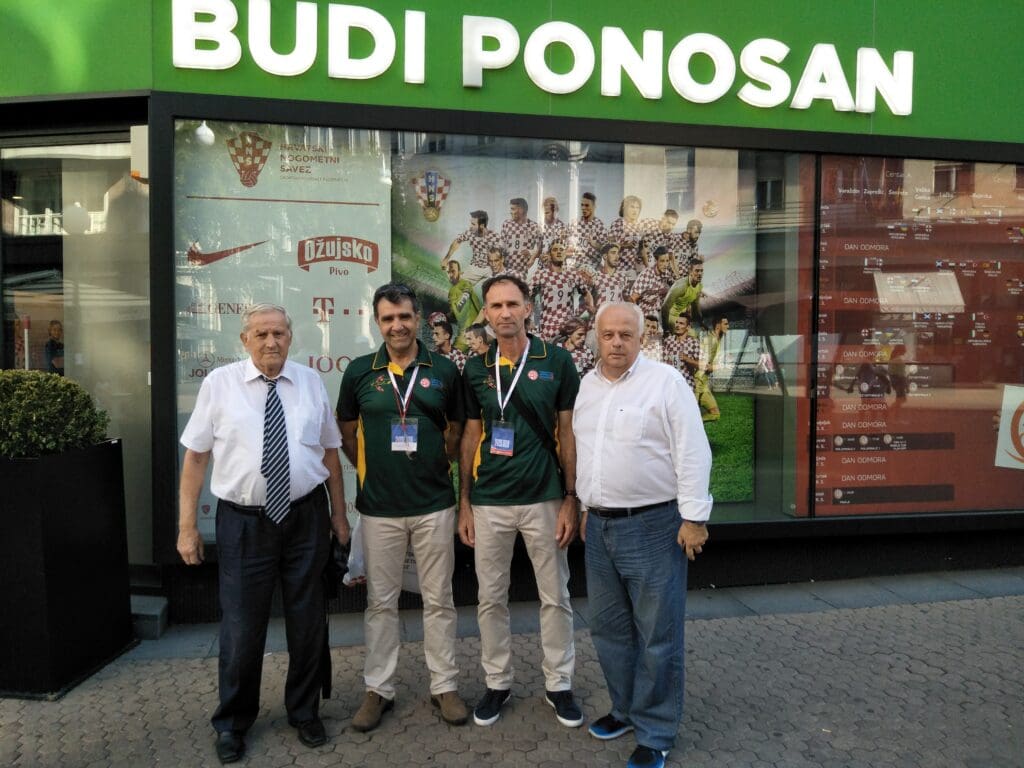
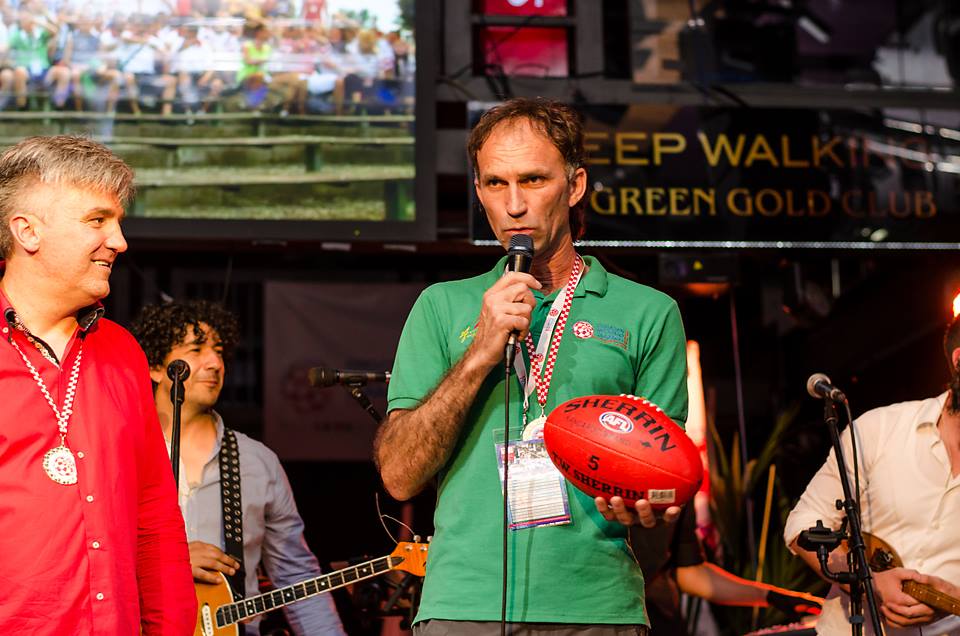
In which sporting disciplines do representatives from Australia most often participate?
Australia has participated in all Games so far: 2006 and 2010 in Zadar, 2014, 2017, and 2023 in Zagreb.
These include football, five-a-side football, tennis, table tennis, golf, bocce, basketball, and swimming.
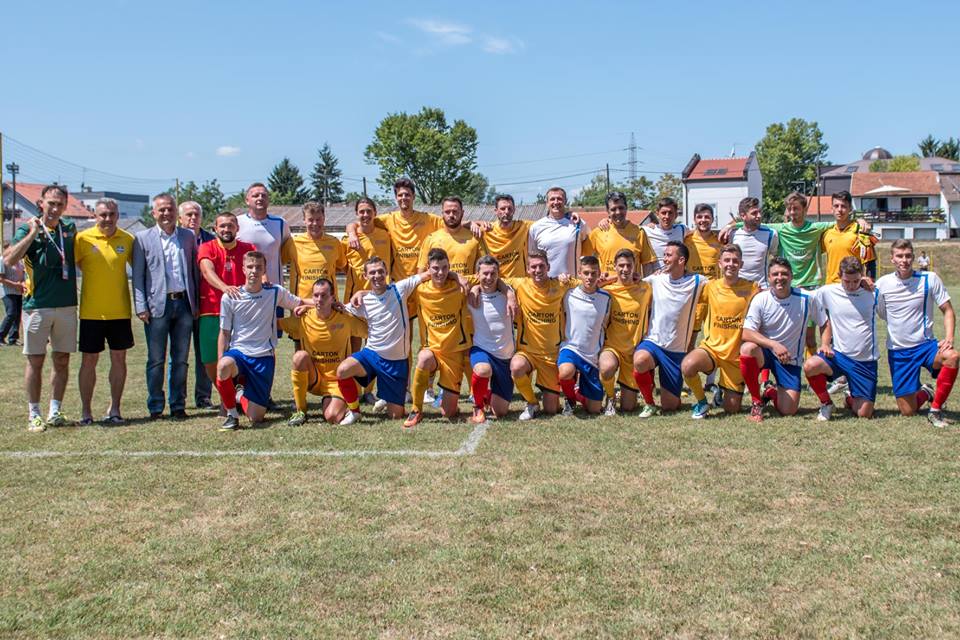
What support is there from the community and Croatian clubs in Australia in organising and preparing for the Games?
The support of the Croatian community in Australia is satisfactory, but it could certainly be better.
Croatian football clubs certainly lead the way: Melbourne Croatia, St Albans Dinamo, Dandenong City Hajduk, North Geelong Croatia, AHD Footscray and AHD Geelong, the Croatian Community Centre Geelong, HKUD Lado Geelong, who have been our regular sponsors, the Australian-Croatian Congress, the Croatian radio programme on radio station 3ZZZ, as well as other businesses and individuals across Australia.
The Croatian community across Australia is still not sufficiently familiar with the Games themselves, so we are already seriously beginning preparations for the next ones, which will be in 2027 in Mostar. We have managed to secure the services of Ivan Jurinović, a well-known sports figure who has worked with several Croatian clubs and also works with the La Trobe University team, and he will be of great help to us both with his knowledge and influence in the Croatian community.
In the coming weeks and months, Ivan will visit Croatian clubs in Melbourne and across Australia to introduce them to the Croatian World Games and thereby interest as many competitors as possible for the next Games in 2027.
Šime Skazlić is also on the working committee of the Croatian World Games and has been of great help at the Games so far, and he was also a competitor himself.

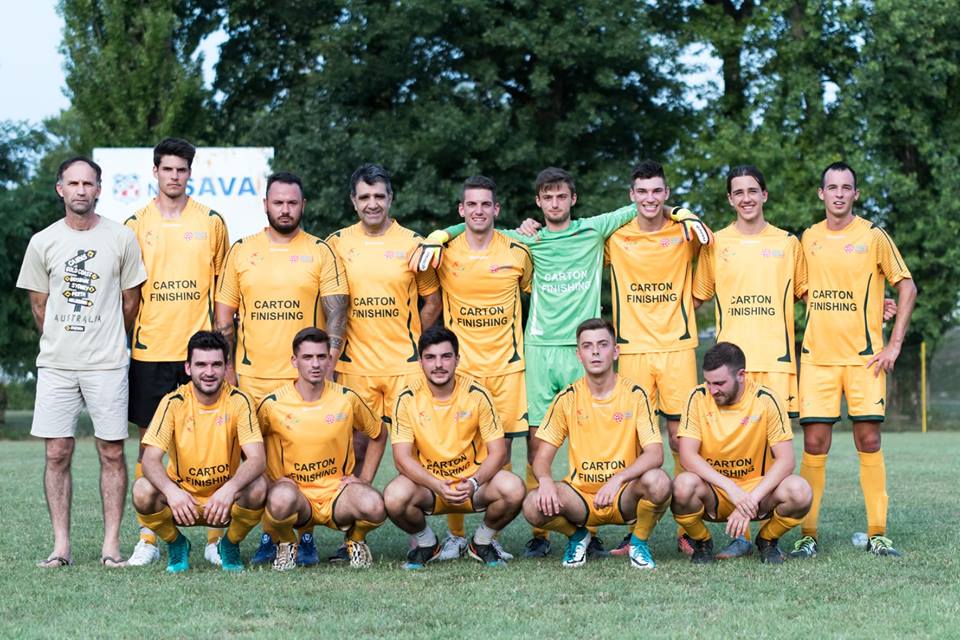

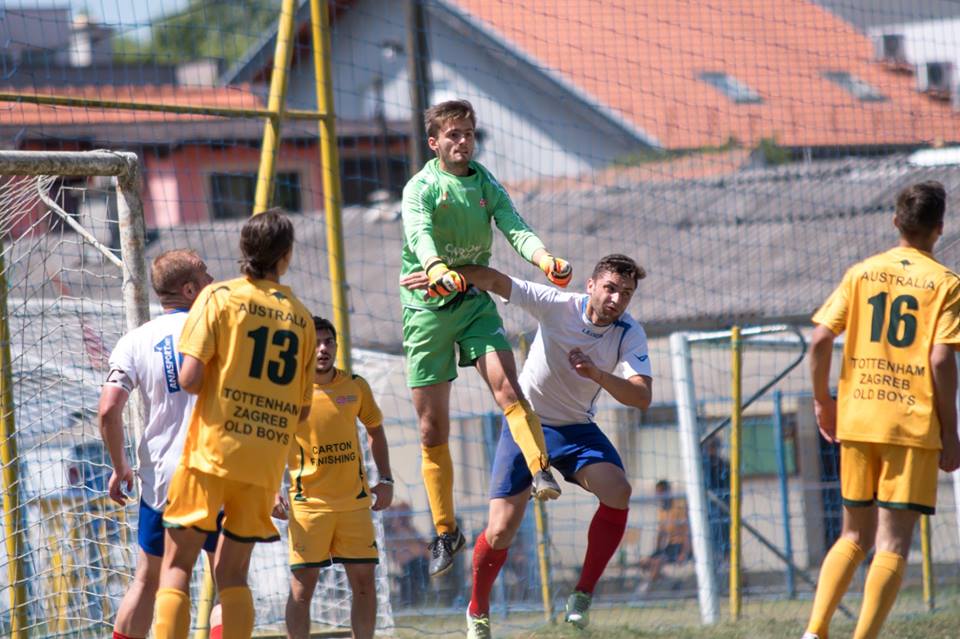
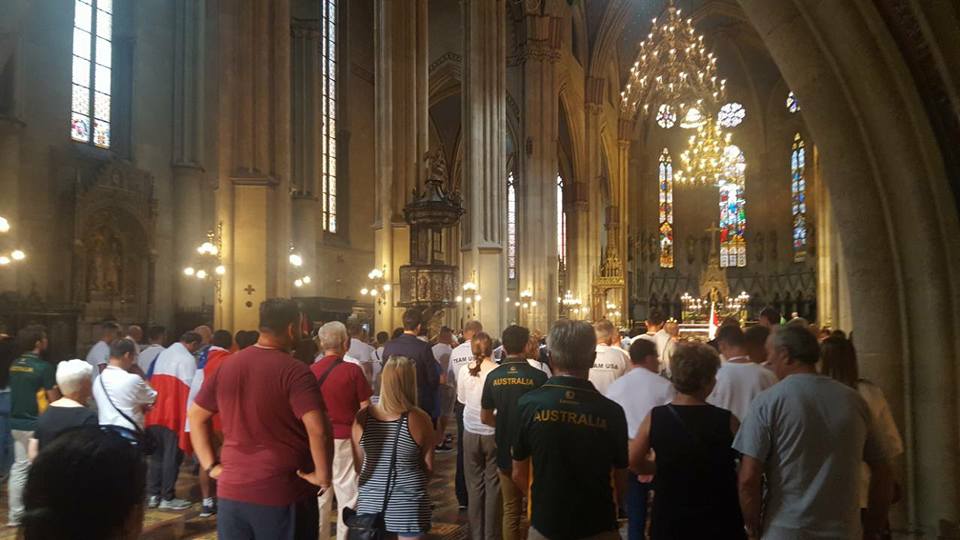
Significance for the Diaspora and Croatian Identity
What, in your opinion, is the most important goal of the Croatian World Games?
The goals of the Games are certainly strengthening national consciousness and belonging to the Croatian people. Through sporting and cultural gatherings within the Games, to strengthen the ties of Croatian communities worldwide. Through the Games, to encourage return/arrival to the homeland, with possible education of young people. As well as establishing and strengthening family, friendly, and business ties.
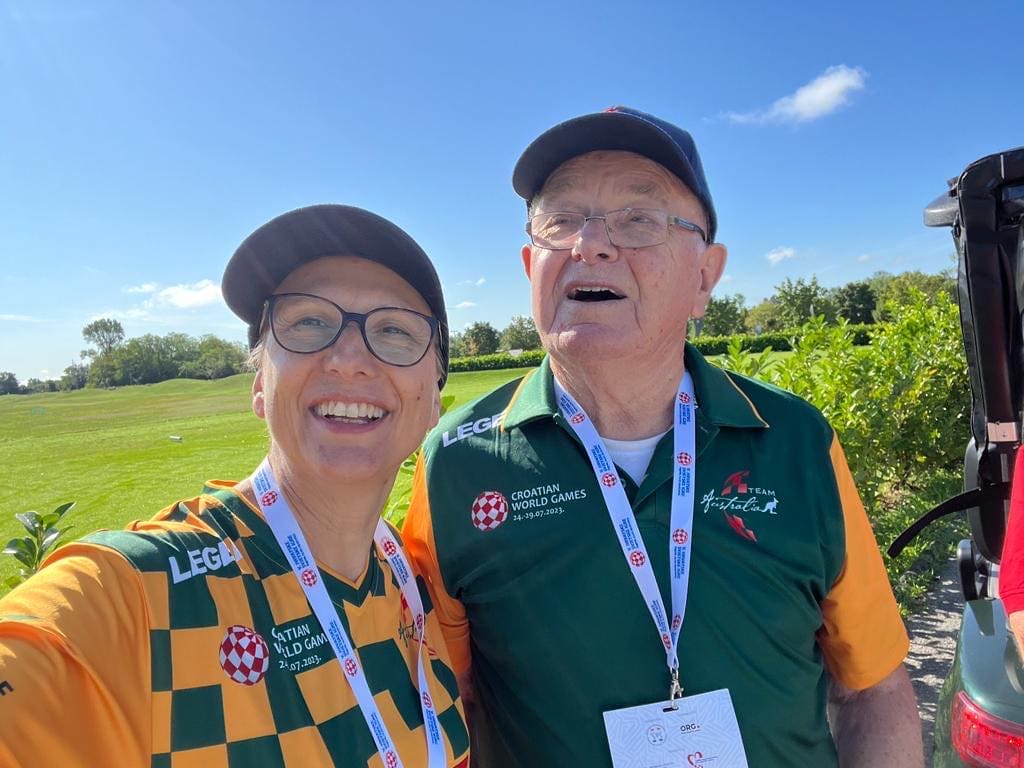
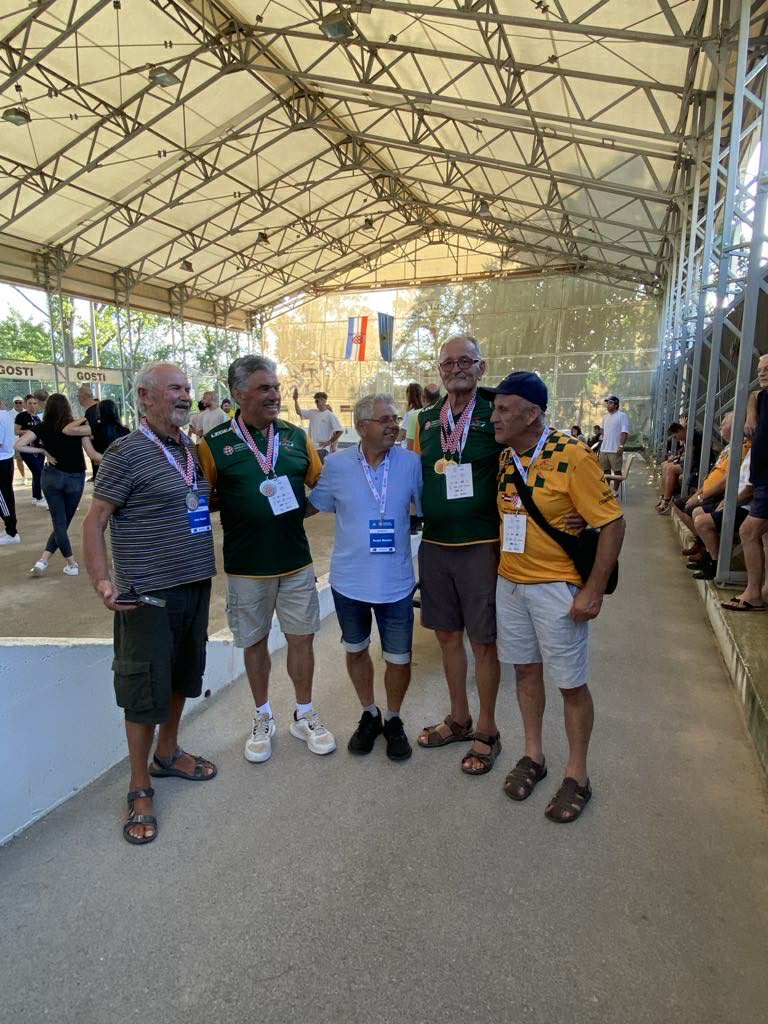
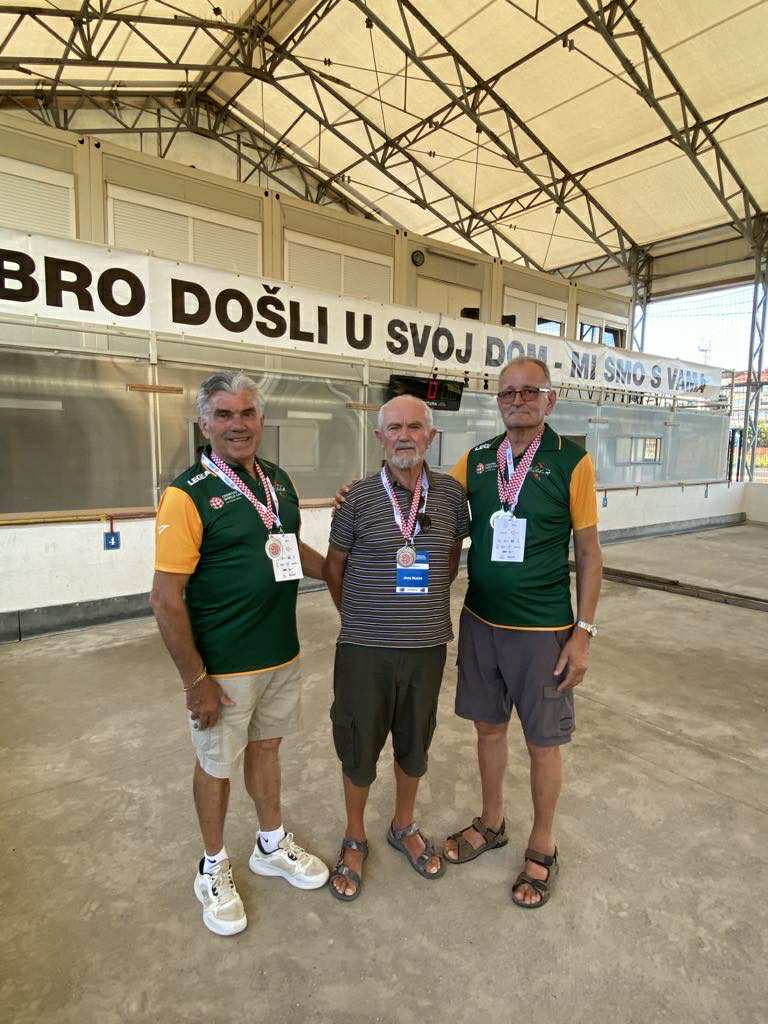
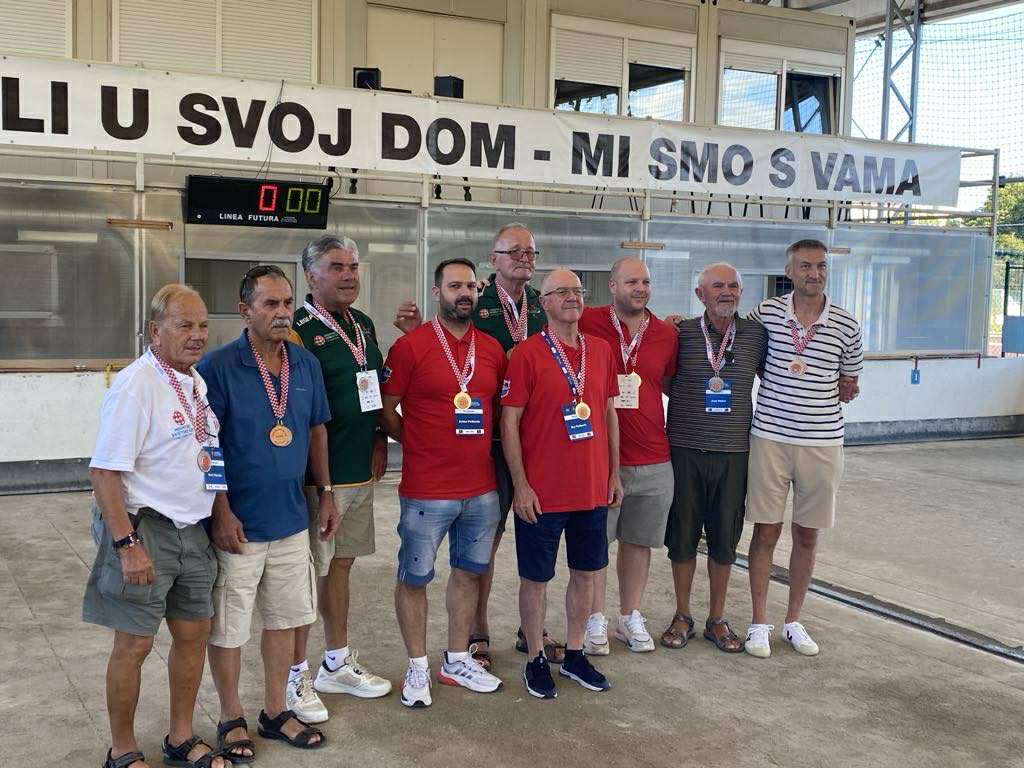
How do the Games contribute to preserving Croatian identity among young people outside the homeland? Have the Games perhaps been an incentive for some to visit Croatia for the first time or to later return to live there?
The Croatian World Games bring together Croatian youth from around the world. The Games will enable them to have a special event in the land of their parents, grandmothers and grandfathers, especially if they are coming to Croatia for the first time, and there were a large number of such people.
Their stay in the homeland will strengthen their emotional connection with Croatia and stimulate interest in its culture, language, and history.
During the Games, various cultural activities and meetings with local communities are organised, which requires the use of the Croatian language. So young people learn and practise the language in this way, get to know customs and traditions, which contributes to cultural continuity.
Gathering Croats in one place creates a sense of community and belonging to the Croatian people, even though they work and live on different continents, at great distances. They don’t feel alone in their Croatianness, and it certainly strengthens their national identity.
Many young people stay in Croatia for a longer period – through study, work, some volunteer, some fall in love and marry, as was the case in our team in previous years.
This return would be particularly desirable now, when many young people are leaving Croatia, whilst foreigners who don’t know the language or culture are coming to Croatia, and Croatia is slowly becoming everything but the country we all want and love – a country of the Croatian people.
Those who return to their countries after the Games become ambassadors of Croatia in a way, passing on positive experiences to their friends and community, thereby contributing to preserving Croatian identity in the diaspora.
So the Games, through sport, community, and culture, enable young people to discover and feel their Croatian belonging.
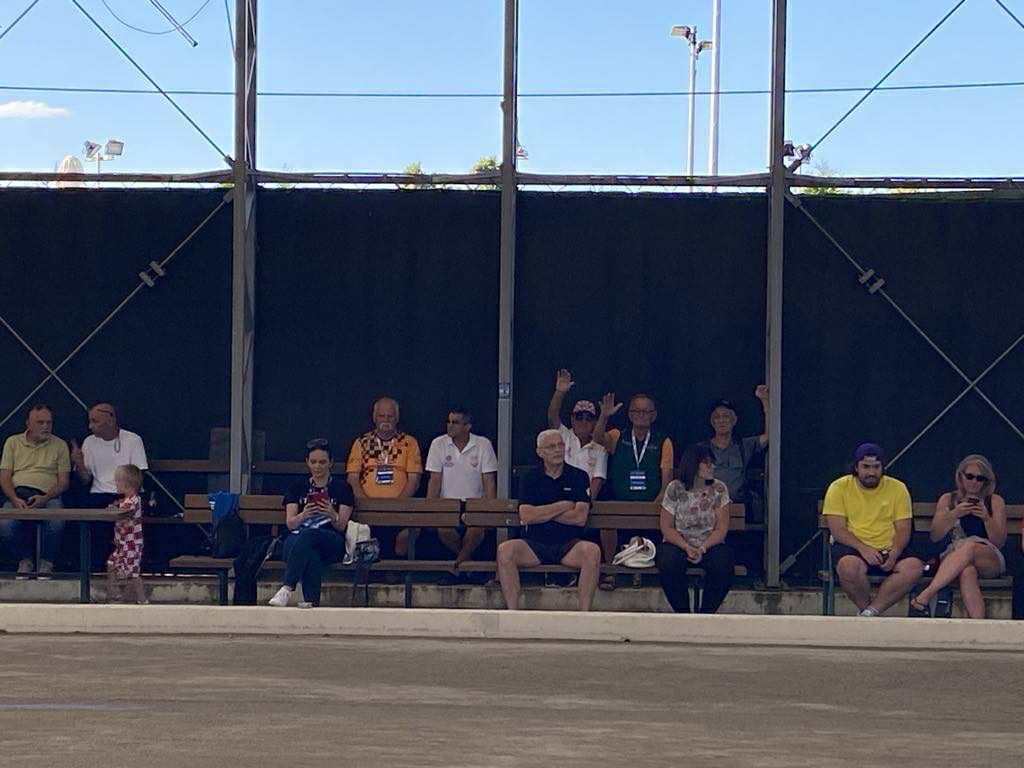
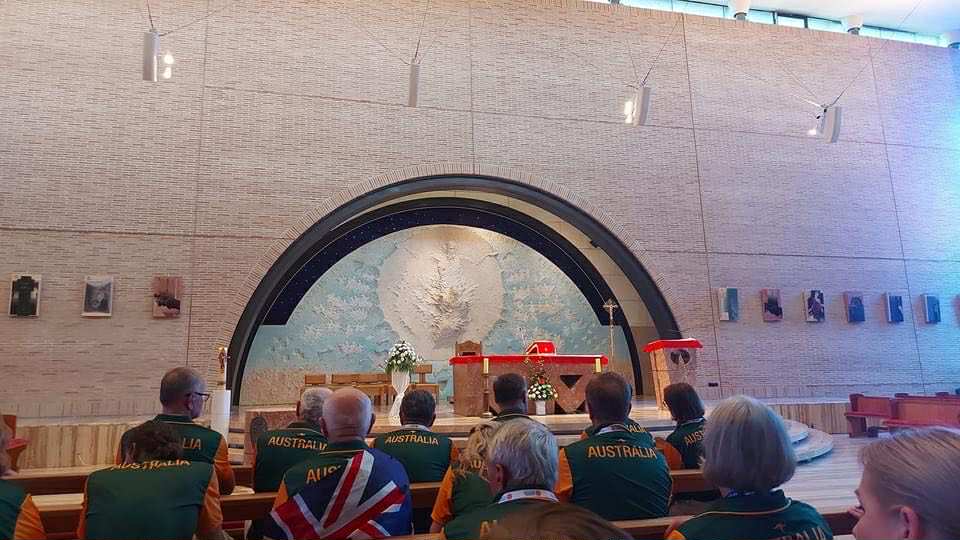
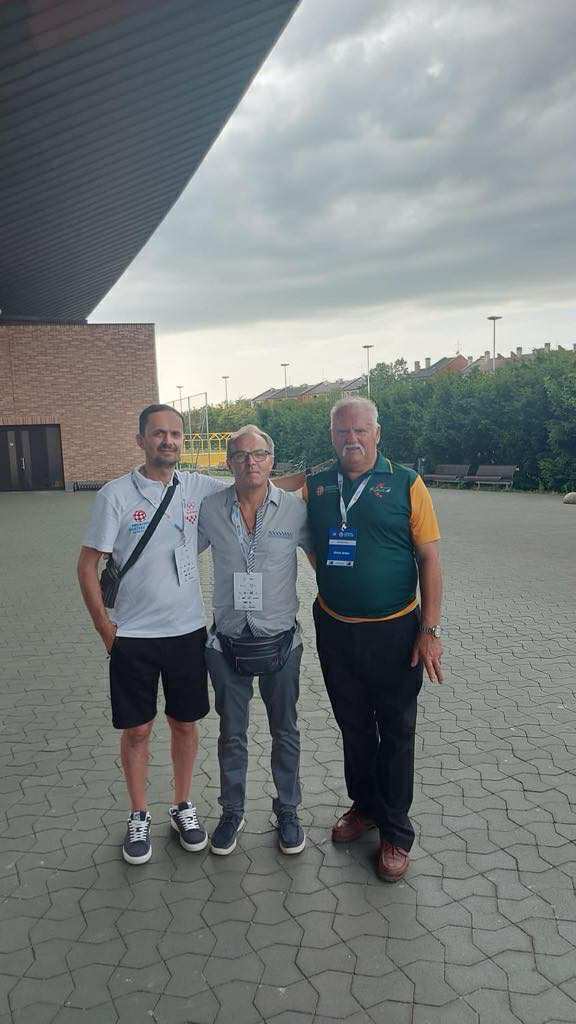
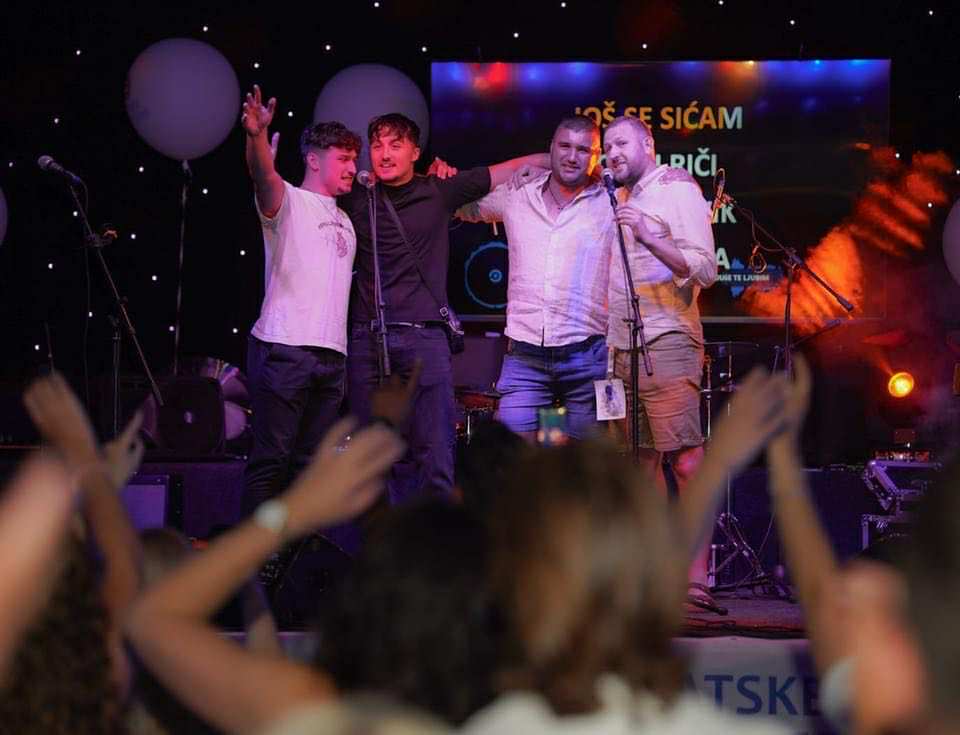
Is there also a cultural programme alongside the sporting competitions? What does this connecting of young Croats from around the world look like?
During the Games, concerts and cultural events were organised with performances by Croatian artists and dance performances by cultural and artistic societies from various parts of Croatia and the diaspora, with presentations of costumes, customs, and traditions.
At the closing of the Games in Zagreb, we had Miroslav Škoro, then there were also Zaprešić Boys and others.
Disco nights until late at night were popular.
At the last Games, every night we had an interesting programme – CROVISION, a karaoke show in which several members of Team Australia performed.
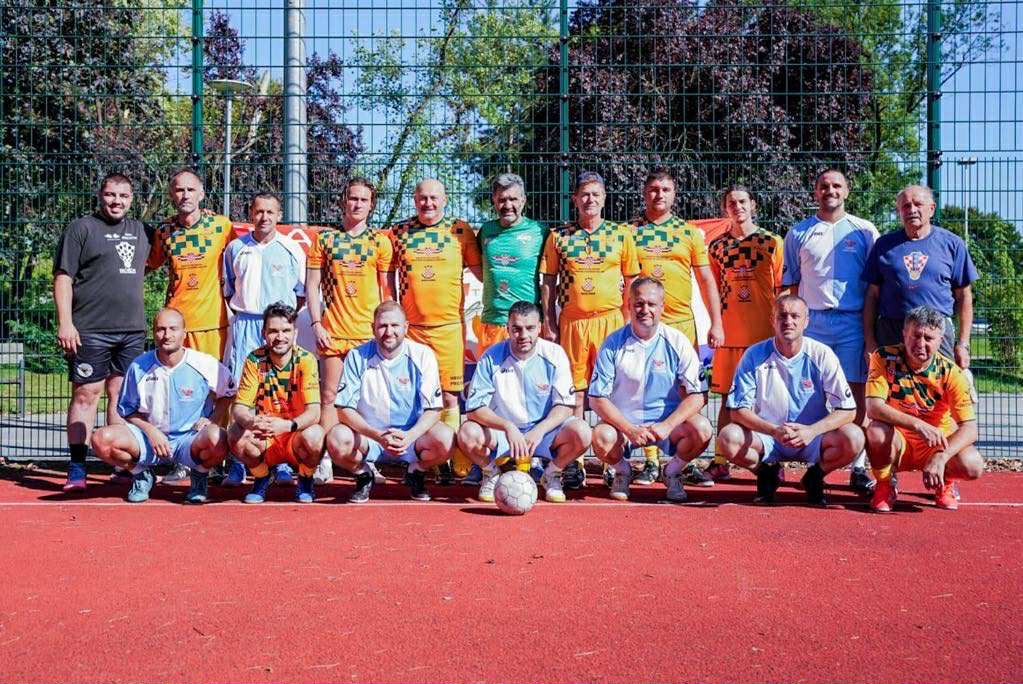
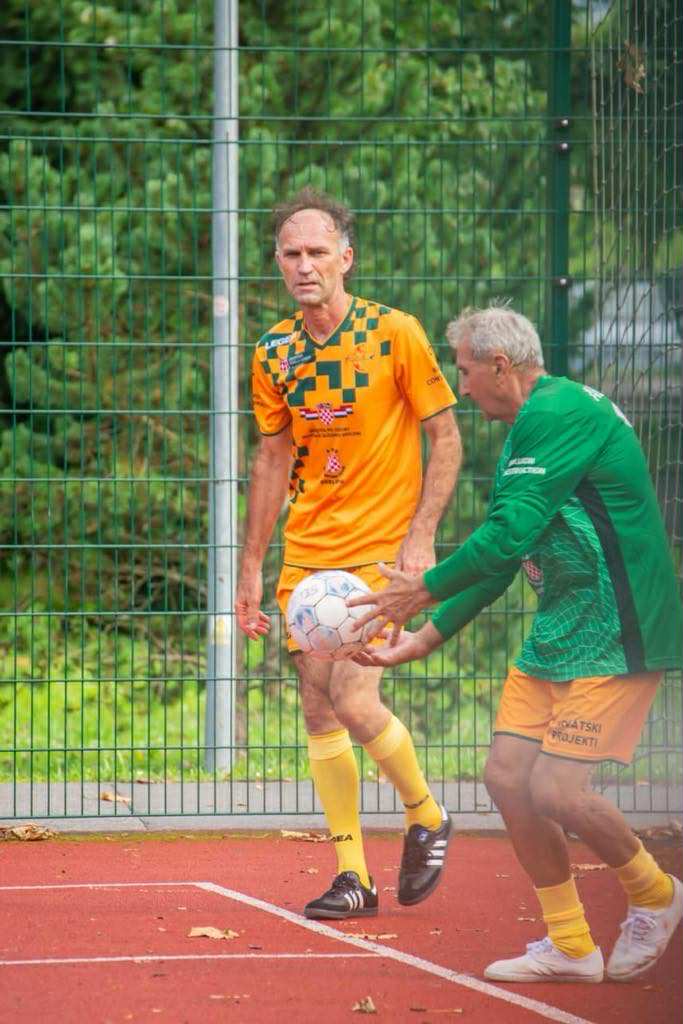
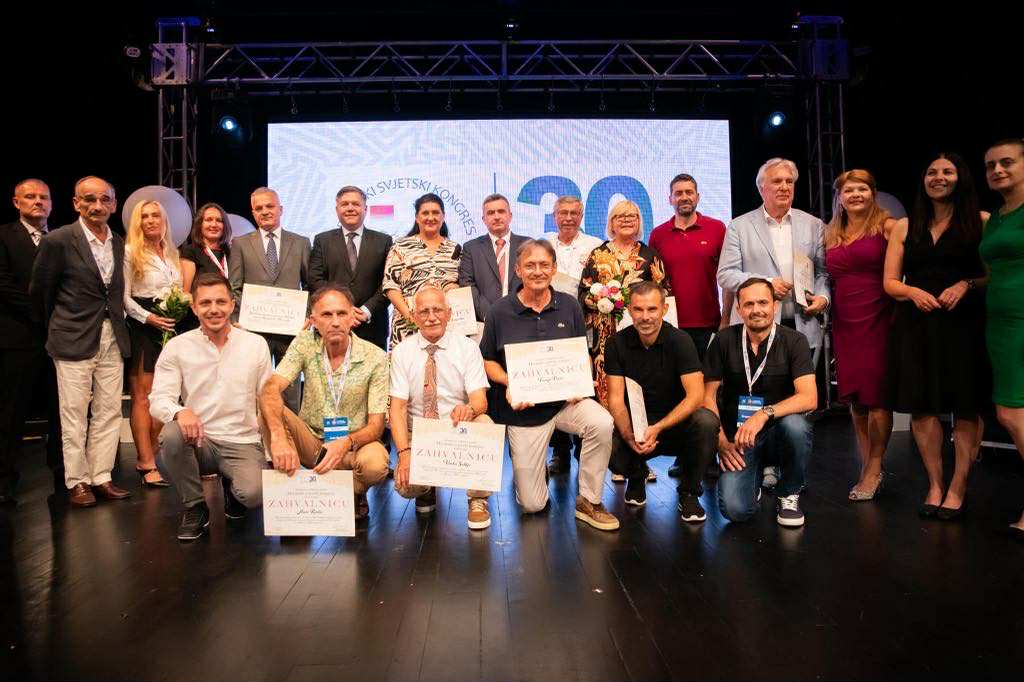
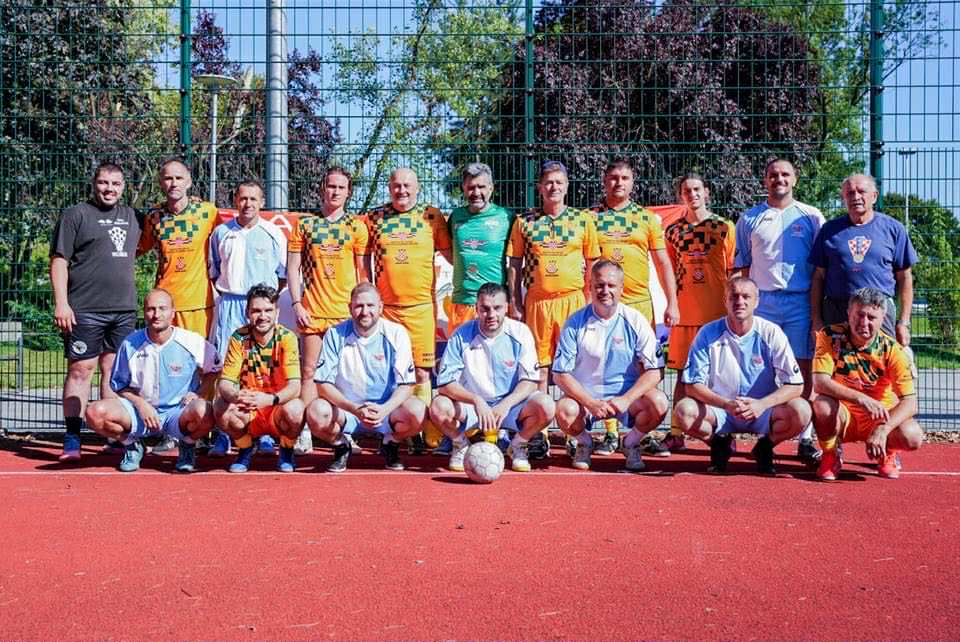
Personal Experiences and Impressions
What is your personal motivation for getting involved in this project?
As a member of the Australian-Croatian Congress and a member of the Executive Board of the global Croatian World Congress, involvement in the Croatian World Games project came about naturally.
I love sport, especially football, and I believe it’s the duty of all of us to help (naturally within the limits of our possibilities), in this case with the Croatian World Games. And when you see that the Croatian community also gives support to this project, you don’t need better motivation than that.
The success and betterment of the Croatian community is my motivation.
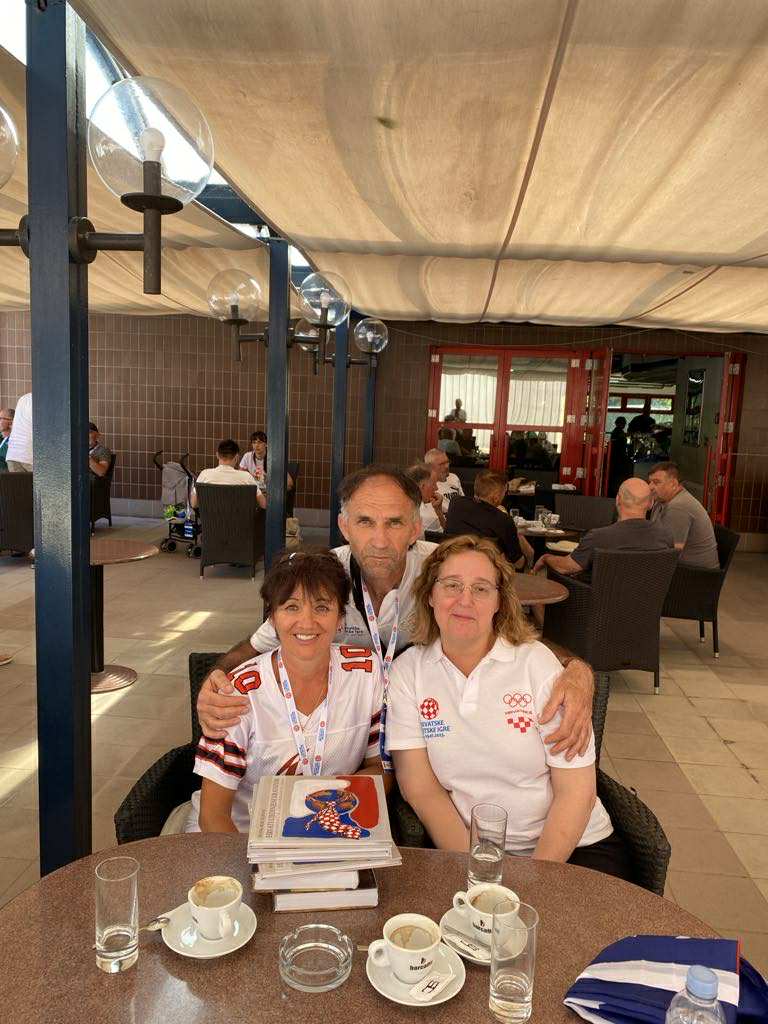
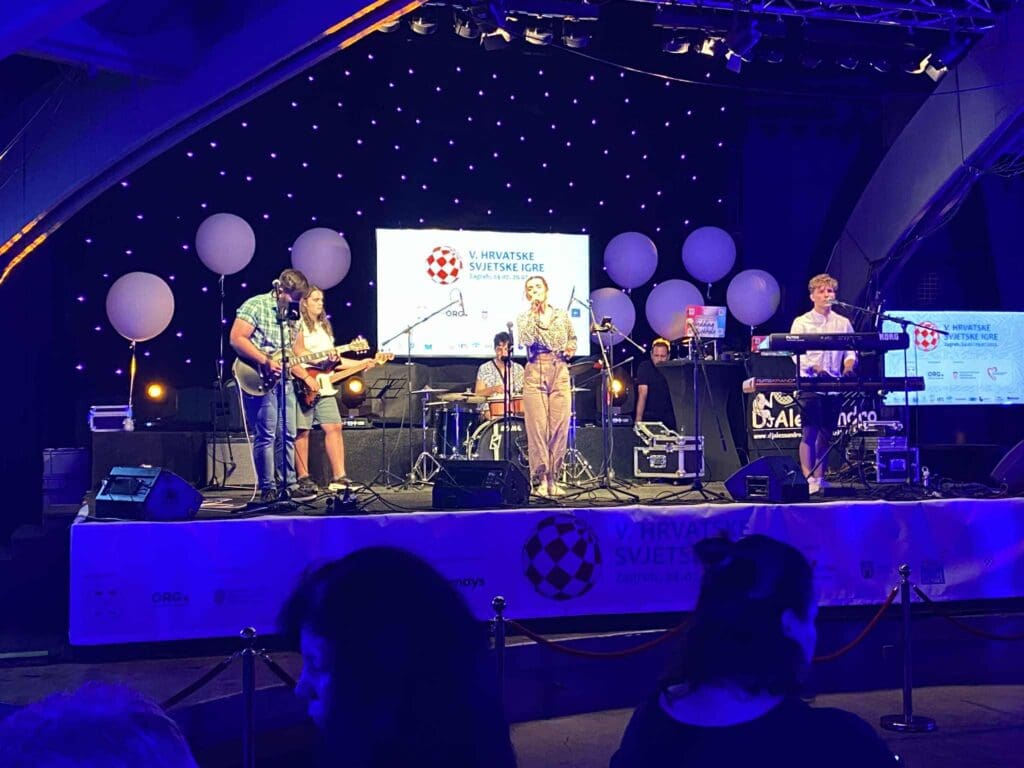
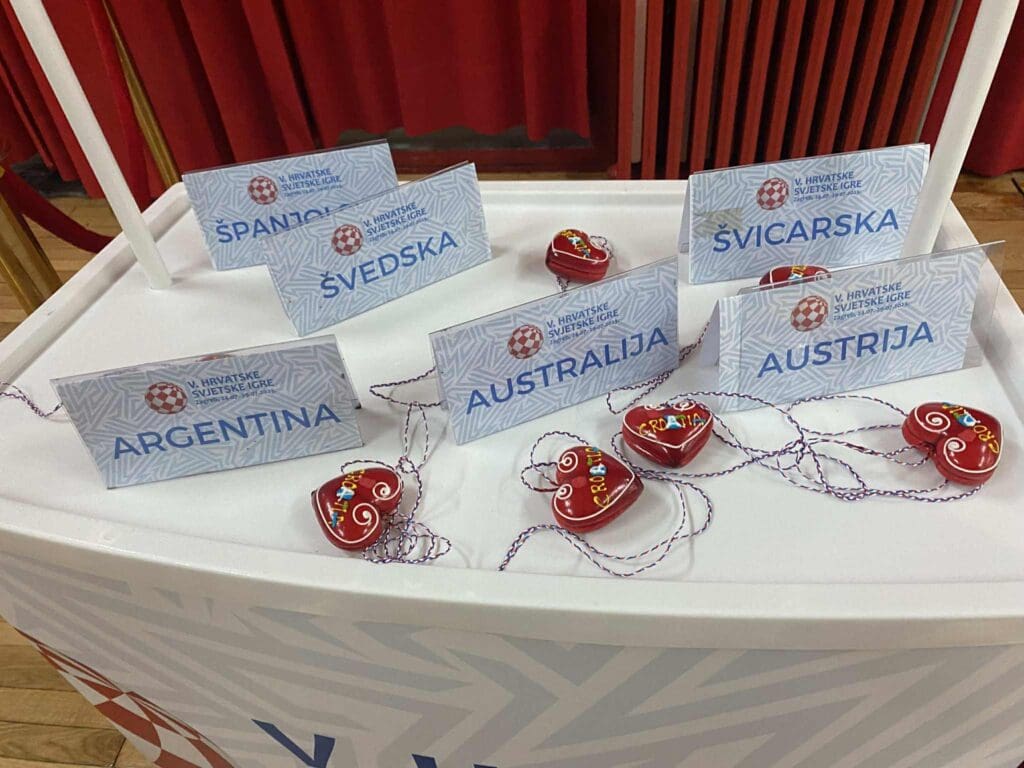
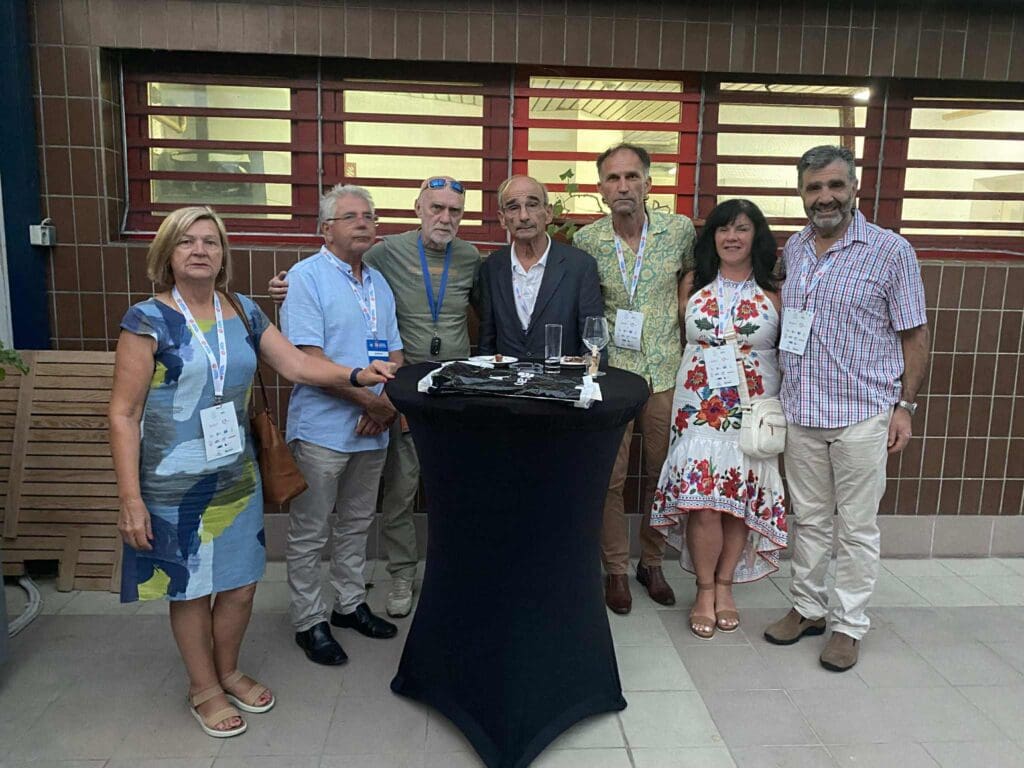
Can you share an anecdote, touching encounter, or unforgettable moment from previous Games? How does participation in the Games change young people – have you noticed changes in their view of Croatian culture and community?
There are many unforgettable encounters from previous Games.
At my first Games in 2006, a large part of my family and friends from Kaštela and Split came to the opening in Zadar, which was particularly emotional for me.
Then I remember the visit to the Croatian Football Museum in Zagreb, together with Šime Skazlić, at the invitation of the Croatian Football Federation during the Games.
The spectacular openings of the Games in 2014 and 2017 at the packed Ban Jelačić Square – something unforgettable.
As well as the post-Games meetings I mentioned earlier.
There are also repeated meetings with our friends we met at previous Games, and I would particularly highlight two amigos from Argentina, Jorge and Gaston, who always gladly join Team Australia.
Participation in the Games can certainly have a multiple impact on young people and change them in some way.
Many participants experience a strong sense of community with people of the same nationality, language, and roots for the first time (I touched on this a bit in previous questions). So there is a strengthening of Croatian identity and sense of belonging.
For some participants, the Croatian World Games are their first live contact with Croatia, and this strong emotional experience reduces feelings of distance or isolation.
New friendships are formed with peers from other parts of the world, and this often encourages further visits, as well as serious thoughts about moving to Croatia.
Like all other competitions, these Games also encourage the development of discipline, team spirit, and competitive spirit, strengthen their self-confidence through sporting success, and they encounter challenges that are outside their comfort zone, such as travel, language, new environment, etc.
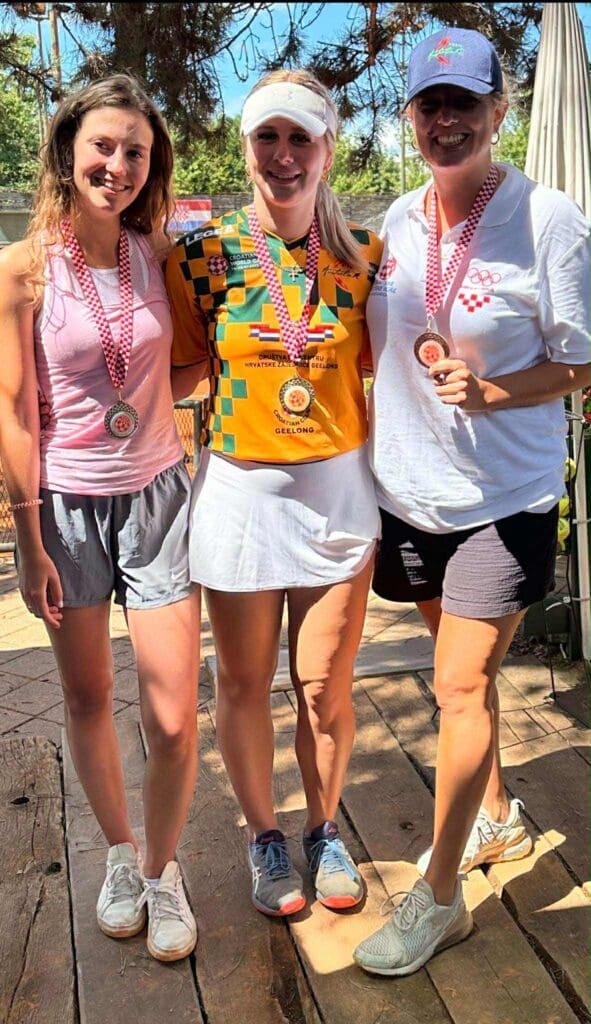
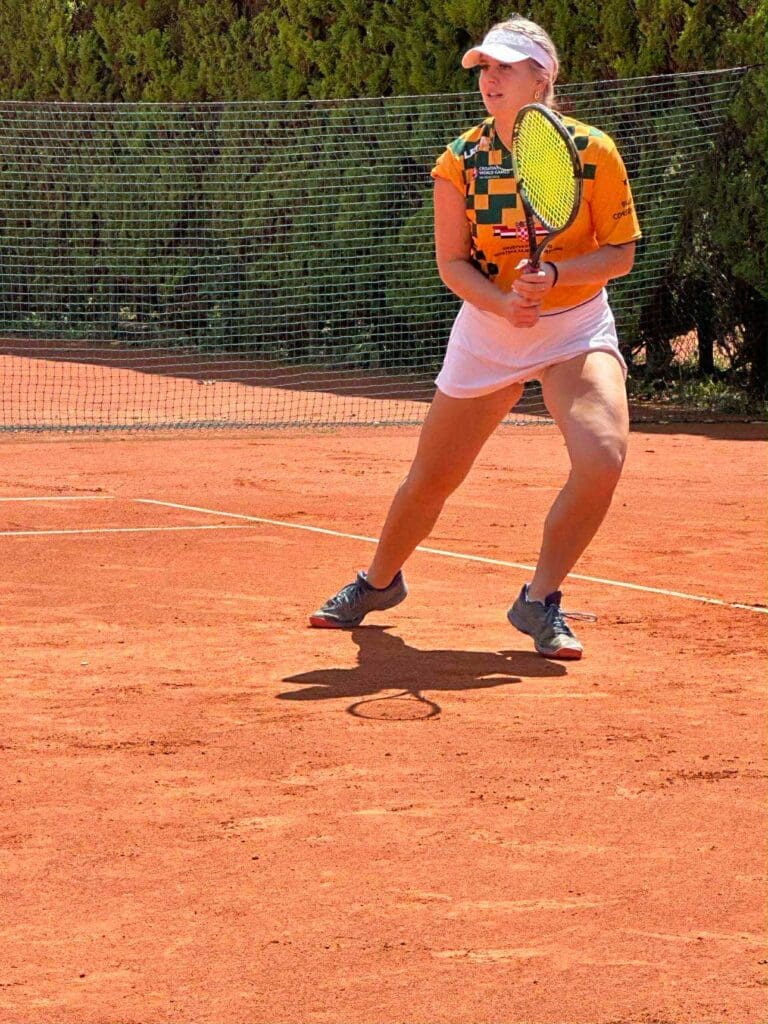
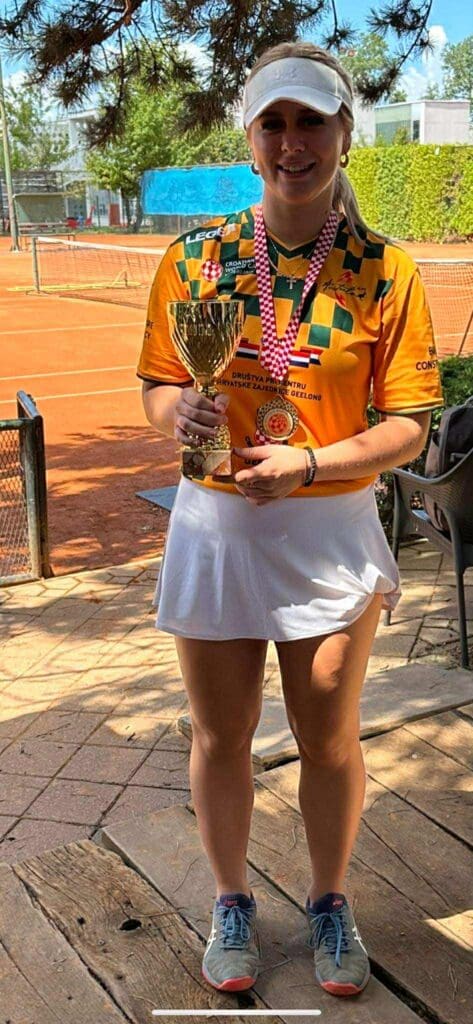
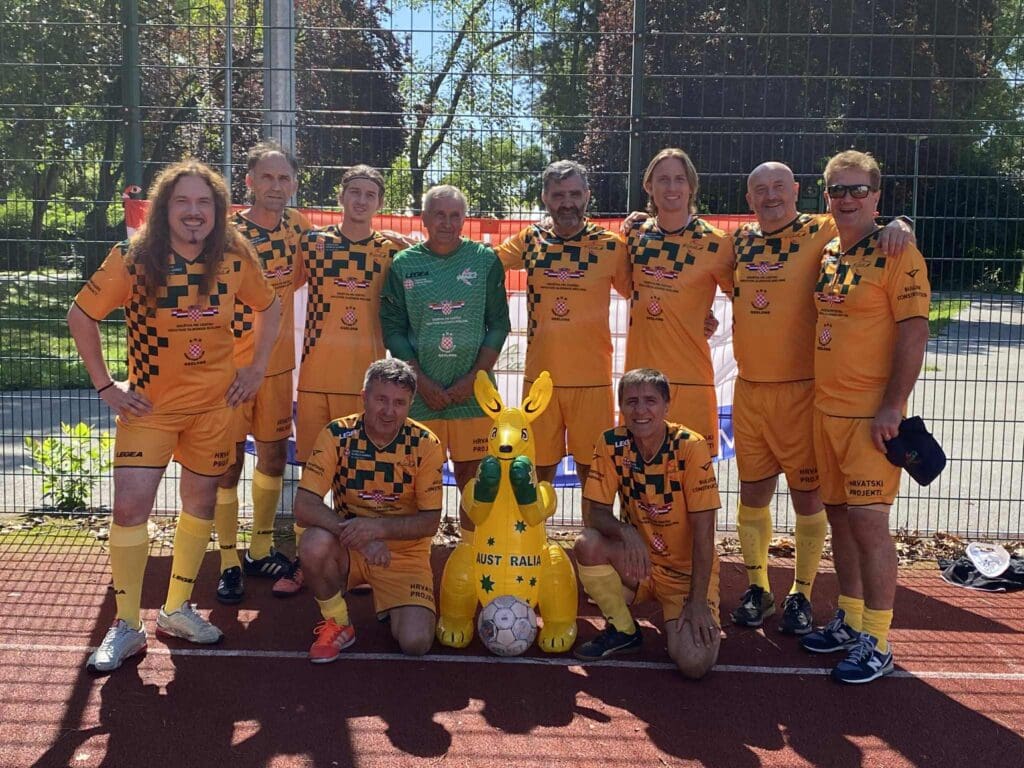
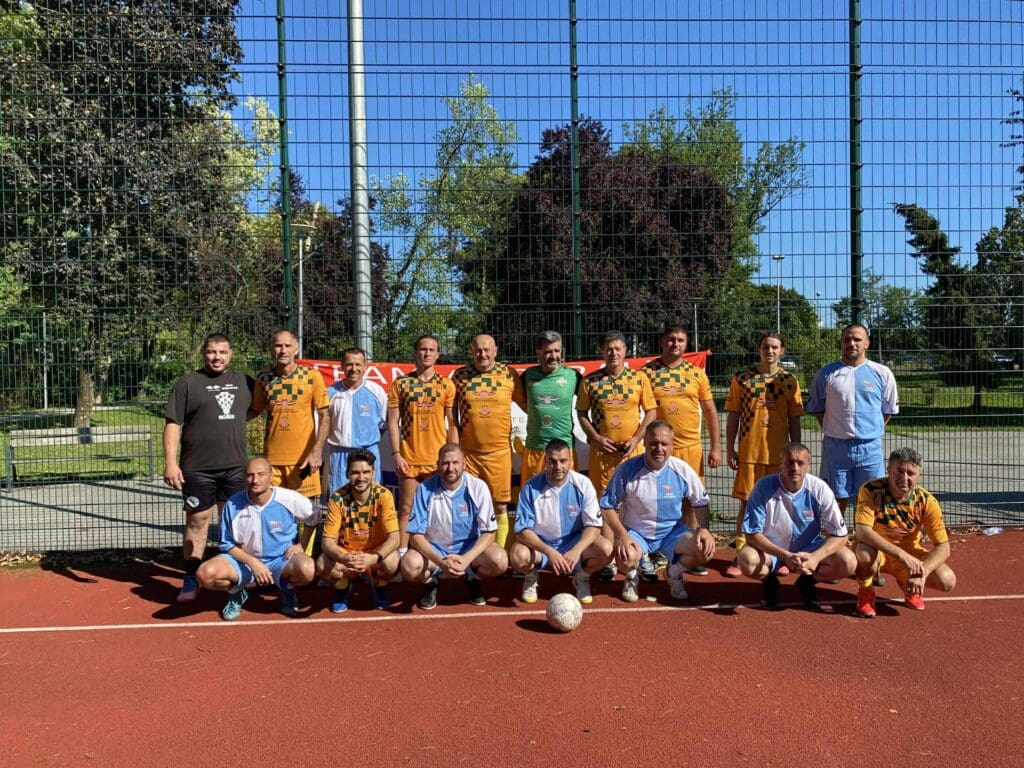
Looking to the Future
Can you give us at least some hint about this year’s plans for the upcoming Games?
There were proposals from Australia and the USA for the next Games to be held in Vukovar and Osijek (as was proposed several years ago as well), but in the end Mostar prevailed.
I hope that Mostar, together with the surrounding places in Herzegovina, will fulfil all the requirements demanded by the organisation of such a major event as the Croatian World Games, and that in the end all competitors will feel safe and comfortable.
Since we finally found out the host of the next Games, which will be in Mostar in 2027, we are soon starting preparations.
As I mentioned earlier, Ivan Jurinović has joined our team and will shortly prepare a plan and programme for these preparations. His first steps will be visiting Croatian clubs throughout Australia and promoting the Games through these clubs. With the support of Croatian clubs, we hope to organise several youth teams as well – under 17 and under 19 years of age.
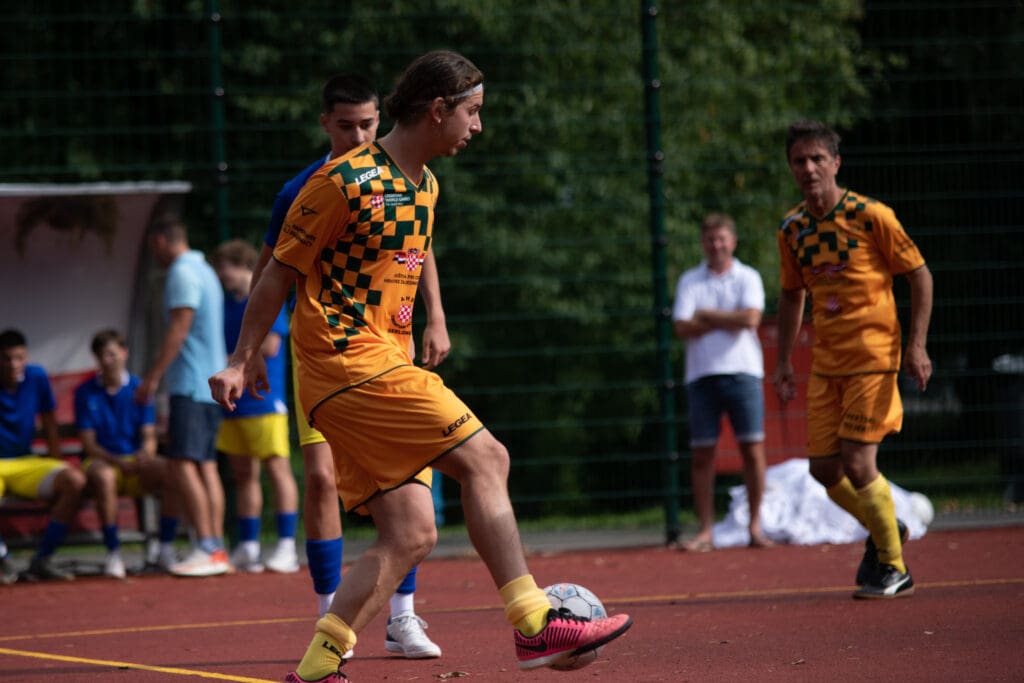
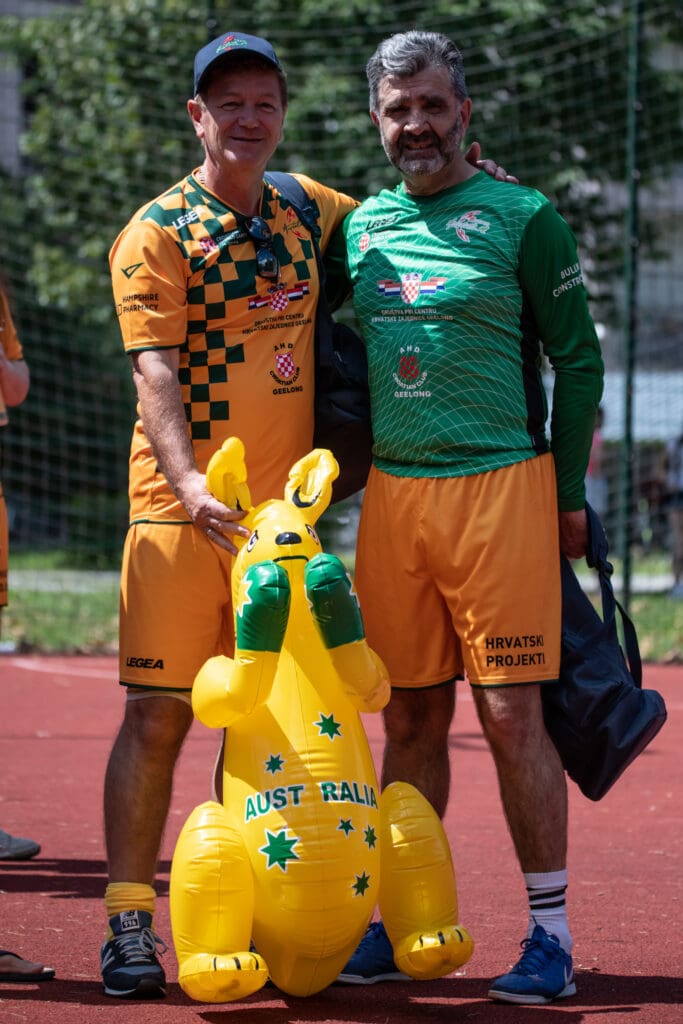
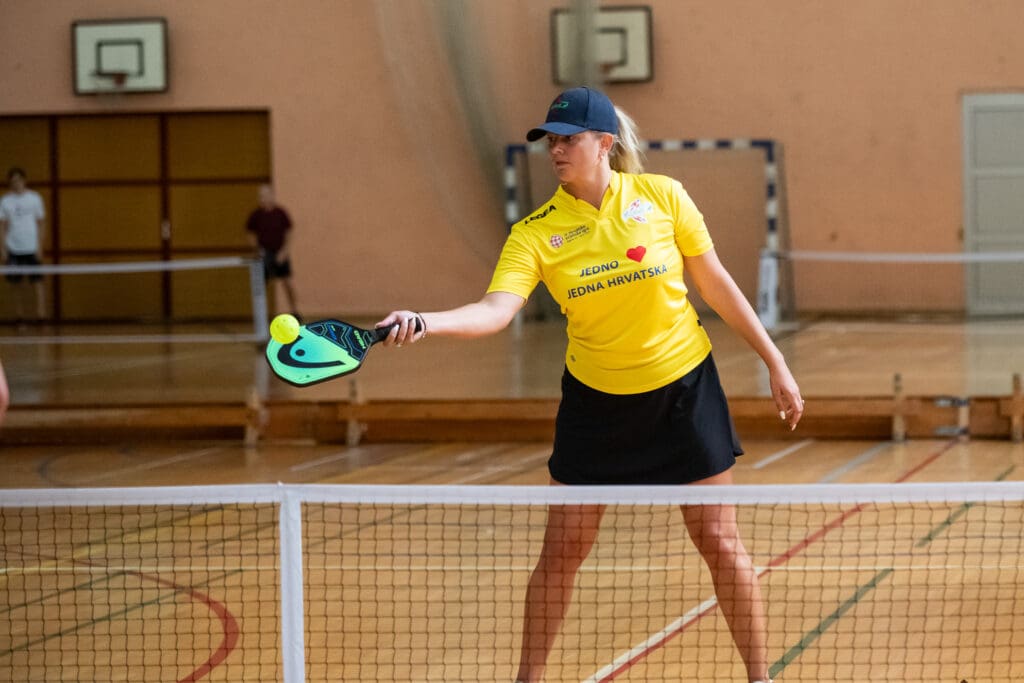
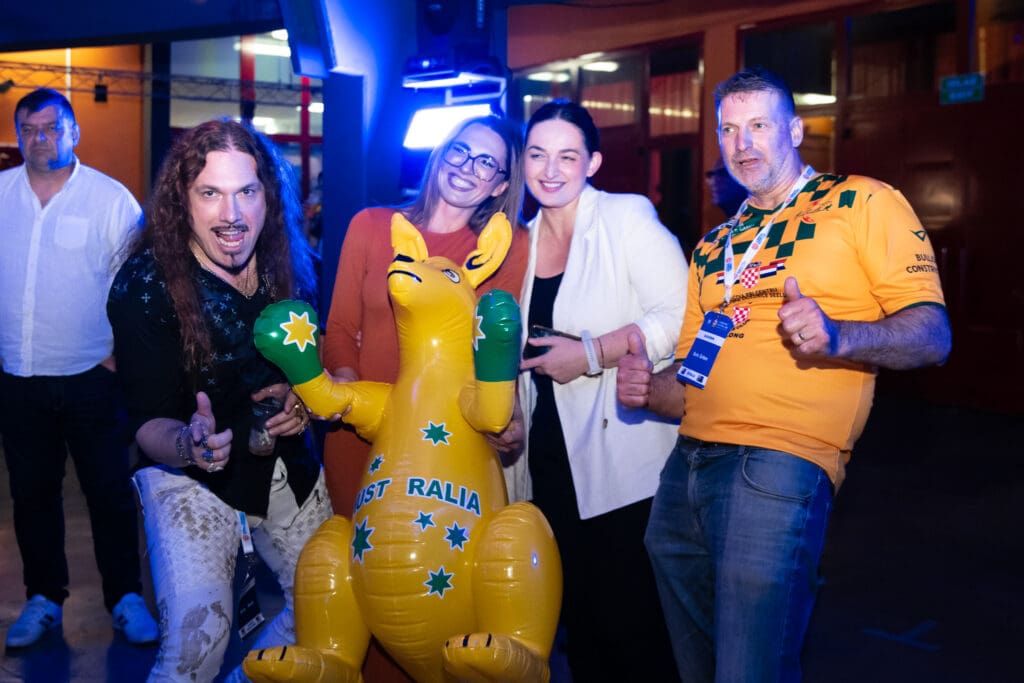

Do you have a message for all young Croats in Australia who might be thinking about registering but aren’t sure yet?
Register for the Croatian World Games 2027, become part of this big family. Your heart beats for Croatia and this is the right opportunity to show it through sport, community, and patriotism.
Participate and experience Croatia in a different way.
The Croatian World Games are a sporting event like no other you’ve had the chance to experience before.
Register, be part of the global Croatian story, the Croatian family.
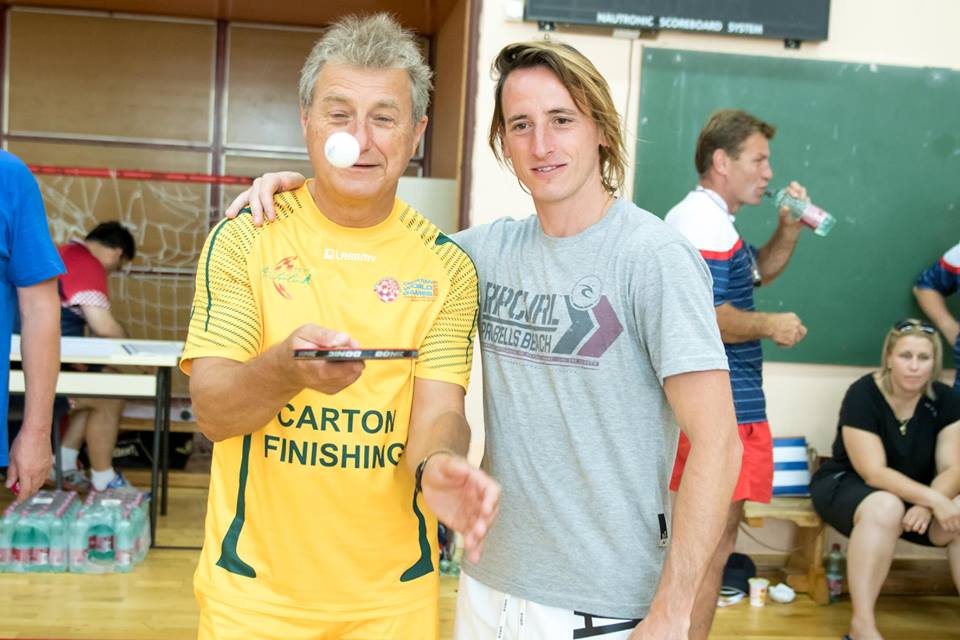
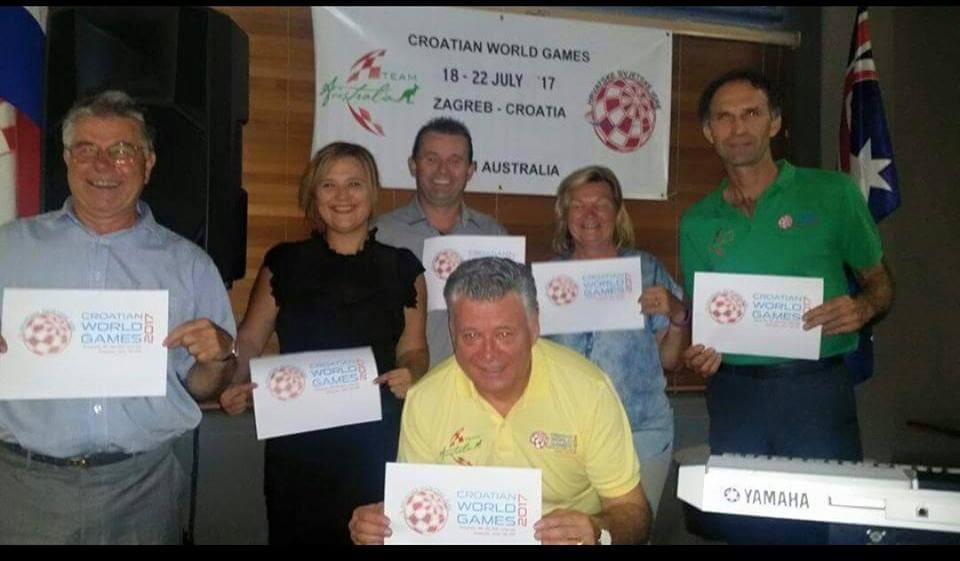
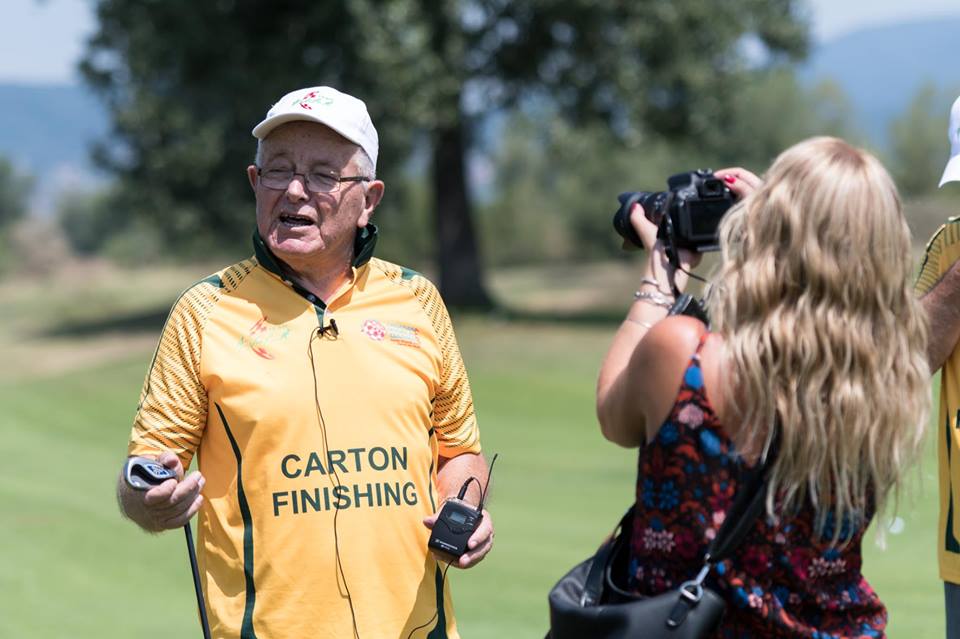
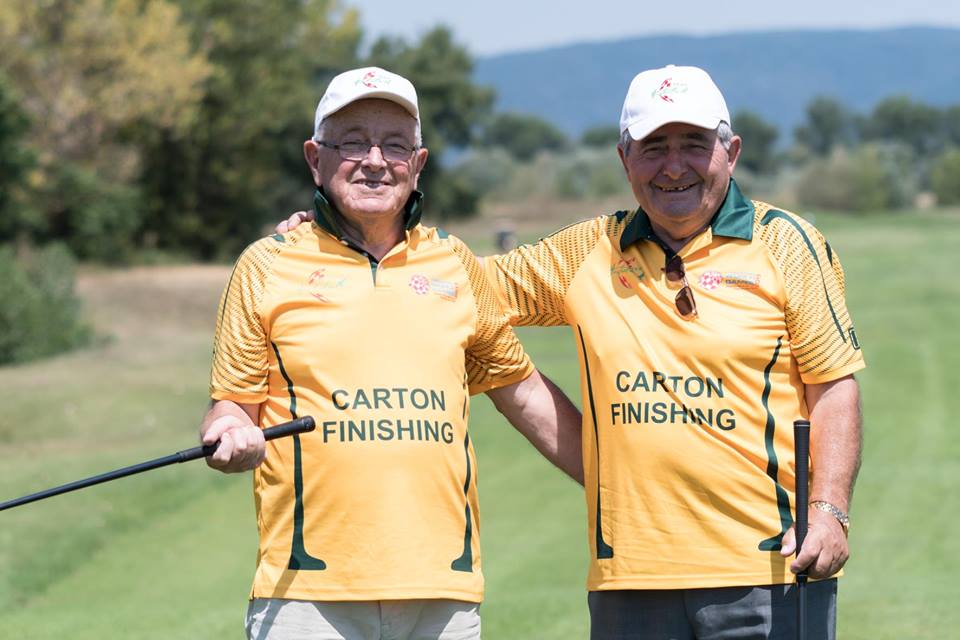
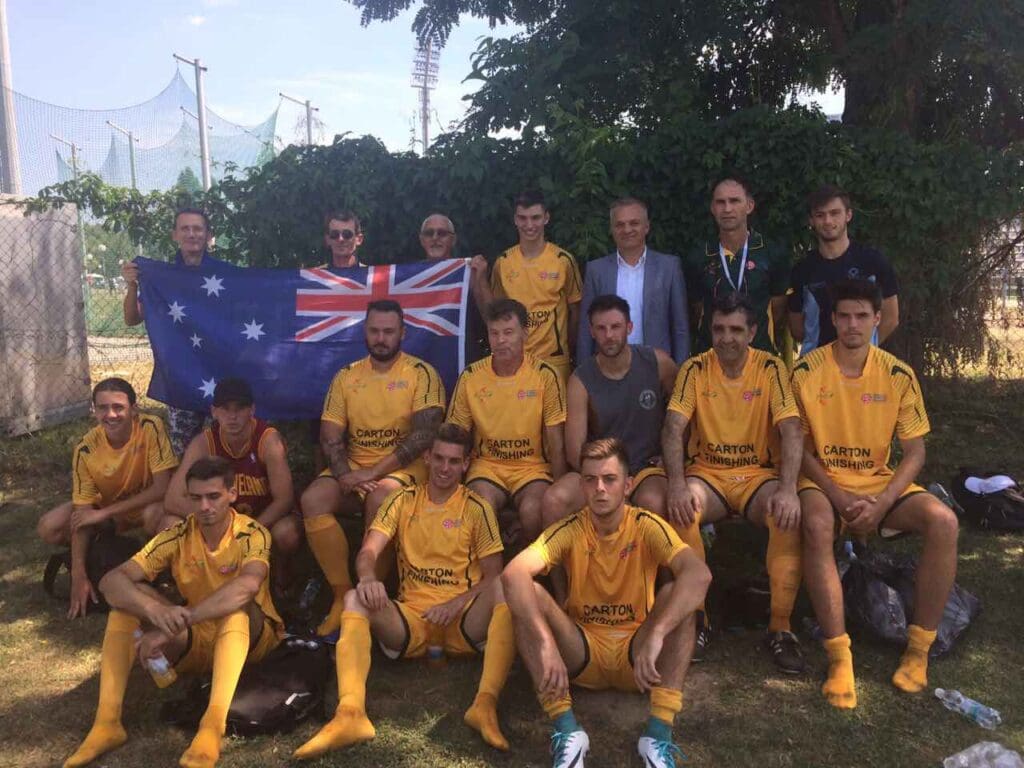
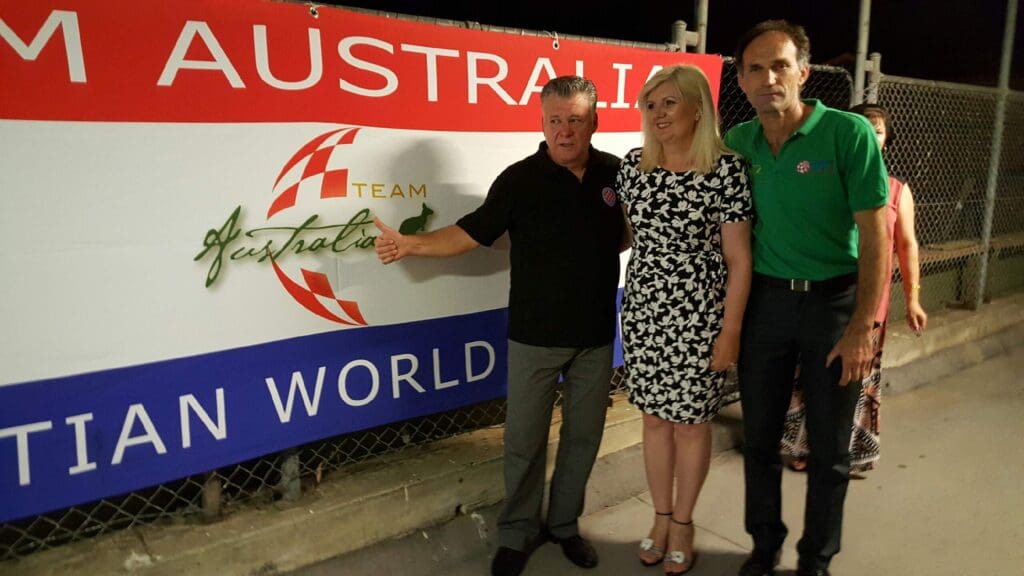
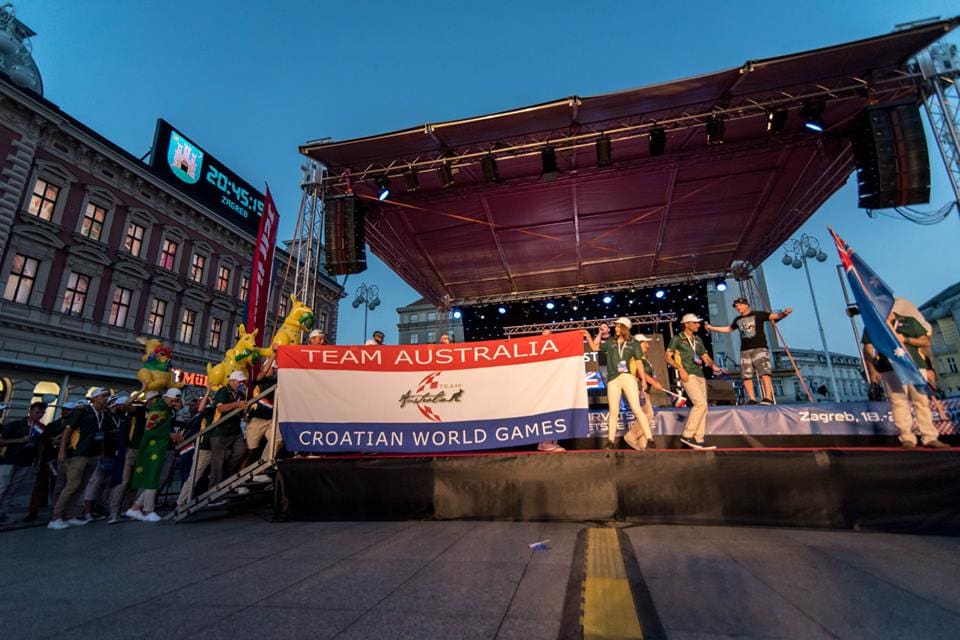
Where can interested parties contact for more information or registration for future Games?
Information about preparations for the Games in the coming weeks will be regularly published through Hrvatski vjesnik, Croatian Radio 3ZZZ, as well as through the Facebook page Croatian World Games – Team Australia.

Registration for the Croatian World Games, July 2027, Mostar:
Ante Radić
Team Australia
Coordinator
E: teamaustraliacwg@gmail.com
M: 0433 470 440
Or
Ivan Jurinović
E: ivancoach@bigpond.com

